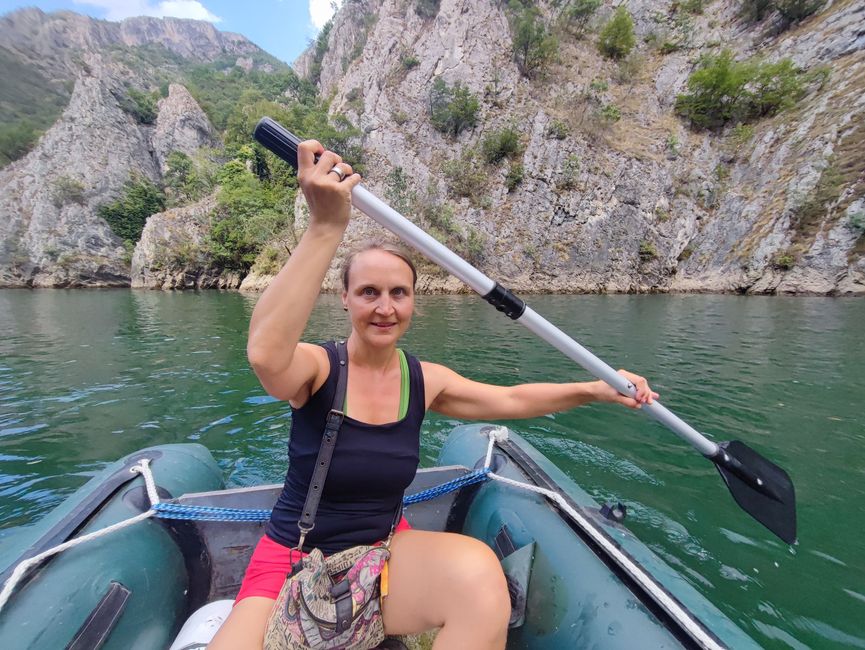Architectural Disneyland: Wonderful Skopje / North Macedonia
Published: 12.08.2023
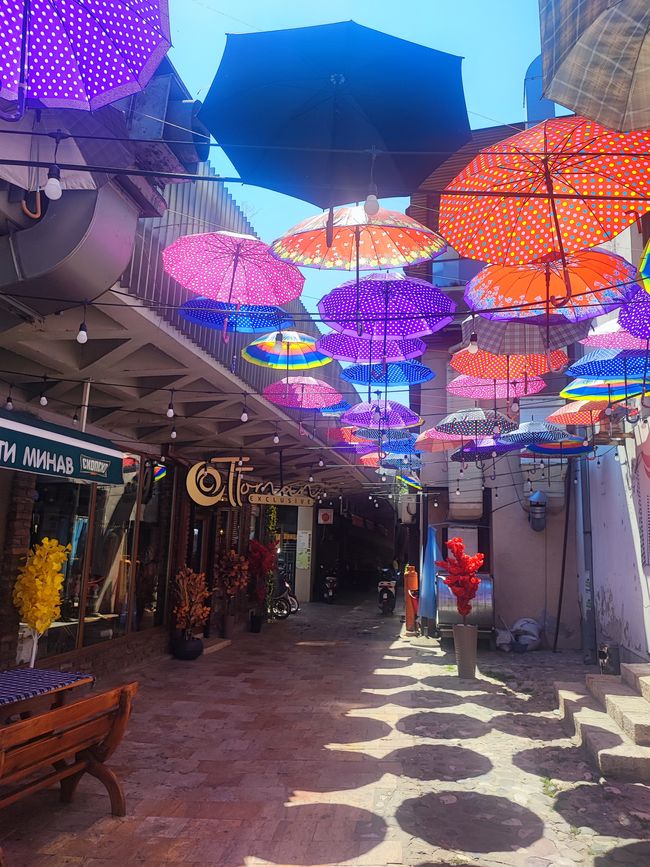
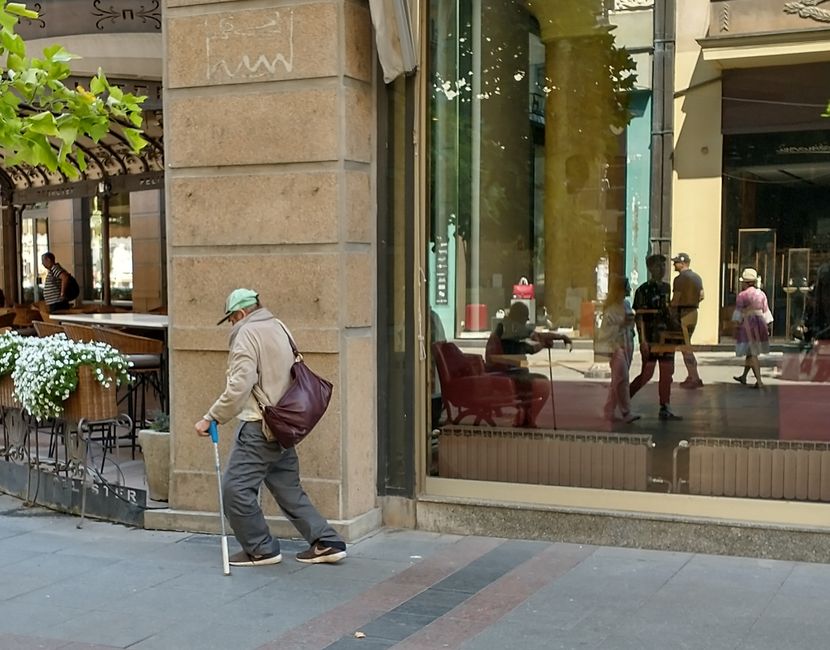
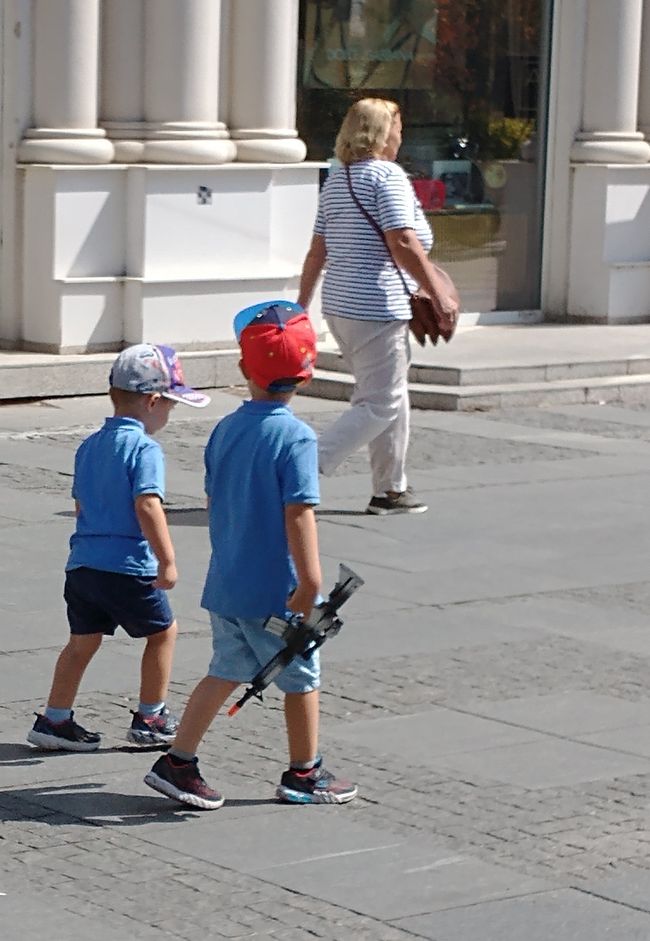
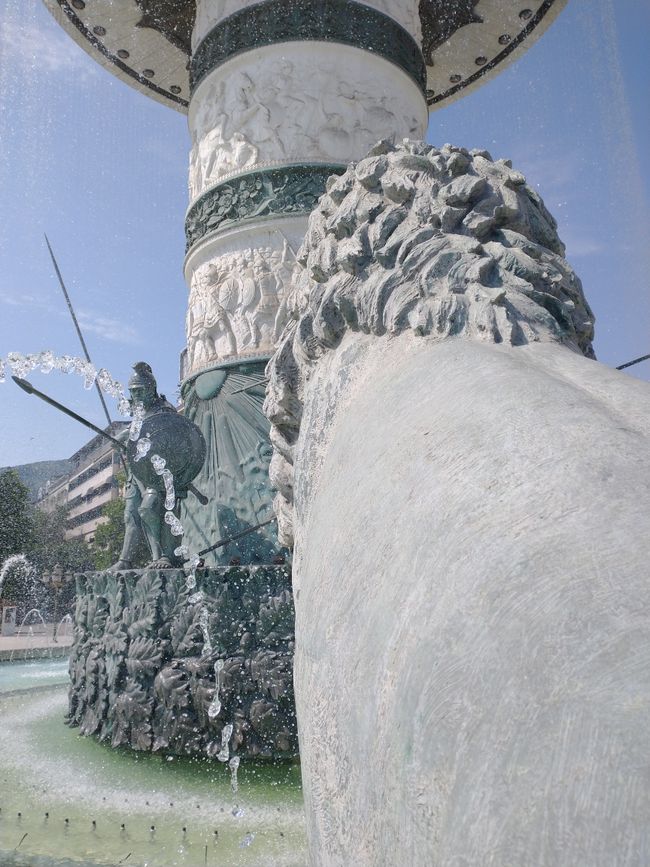
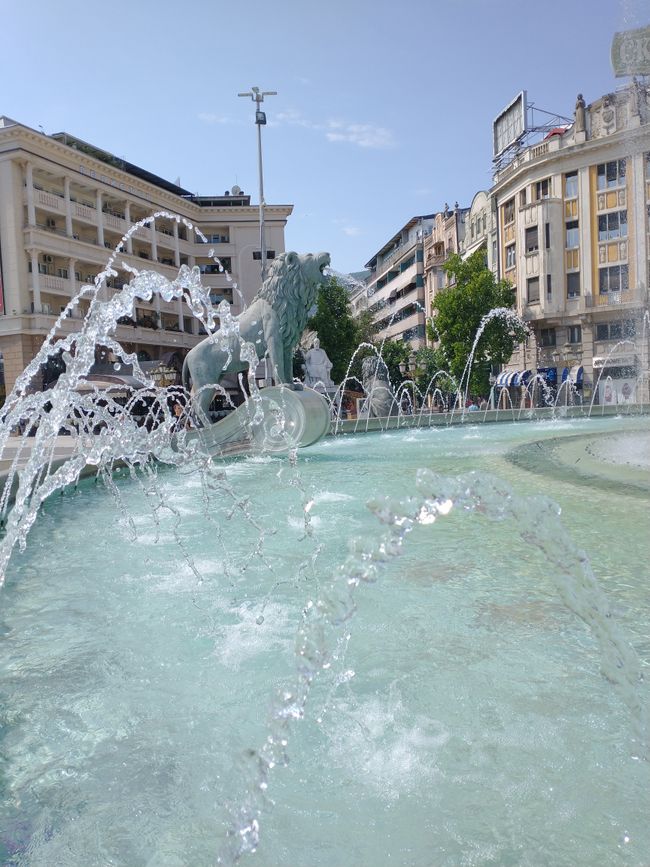
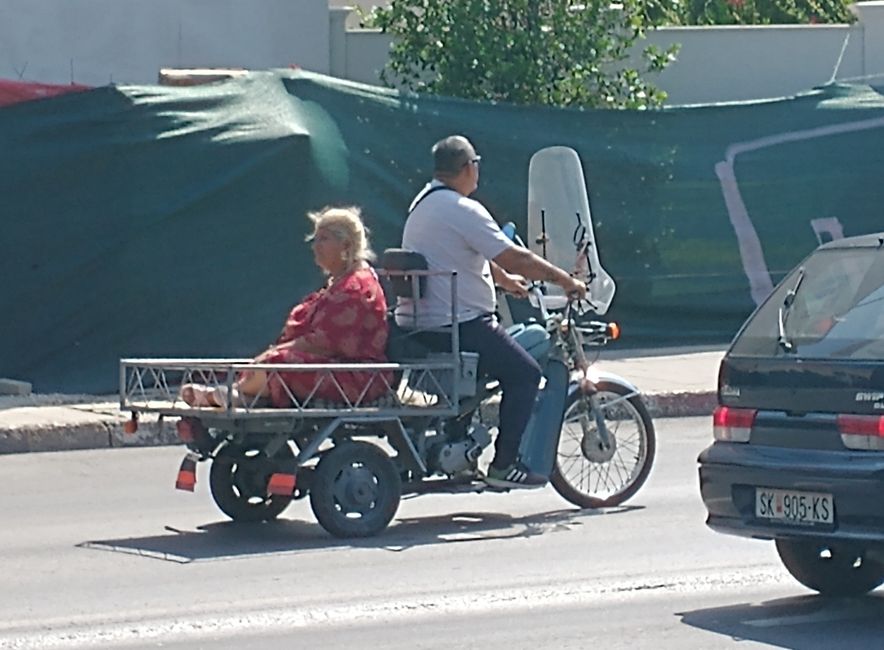
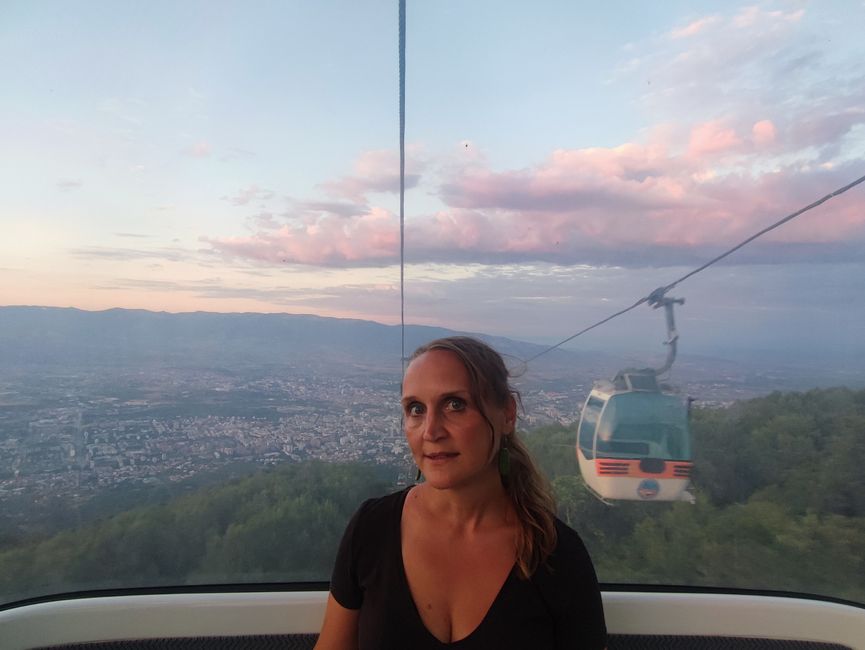
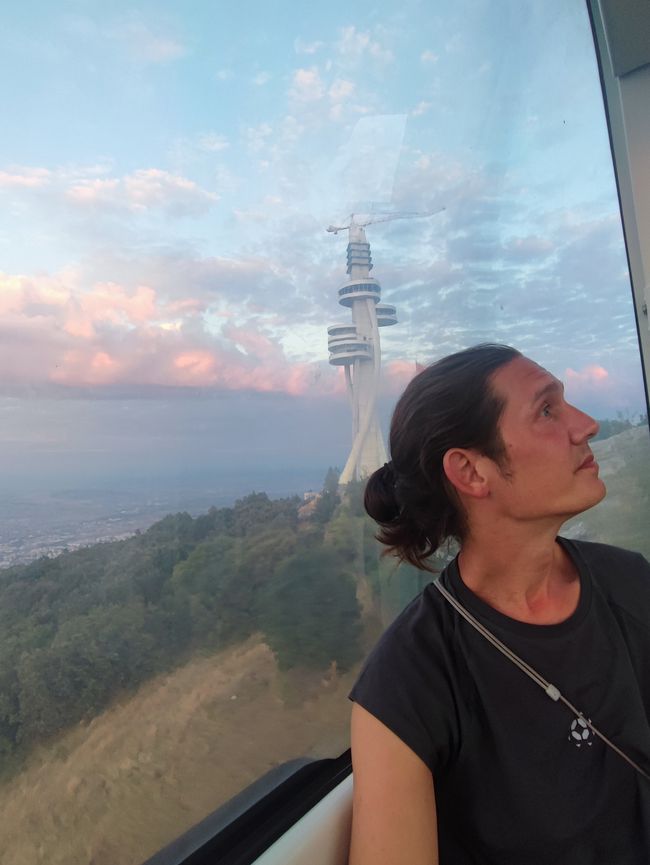
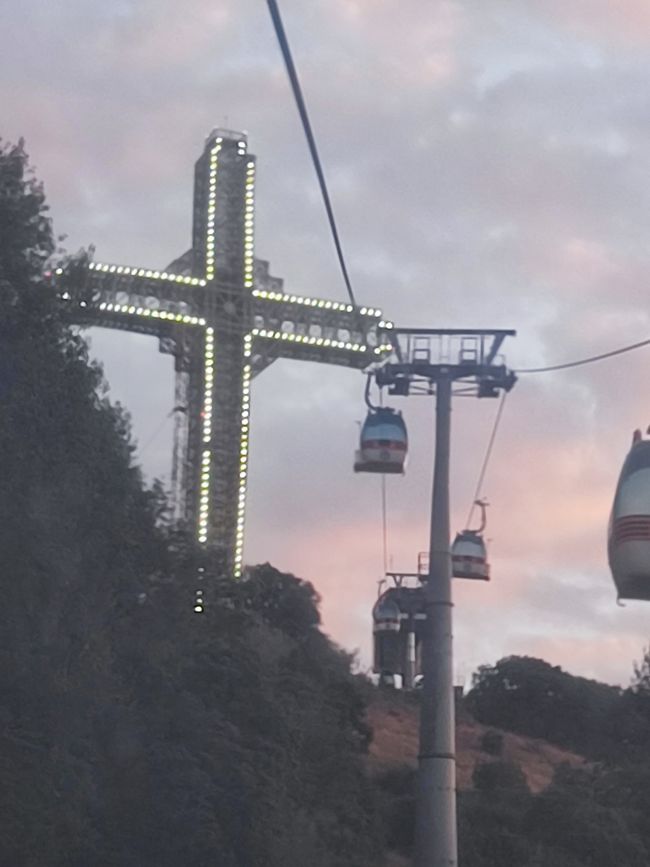
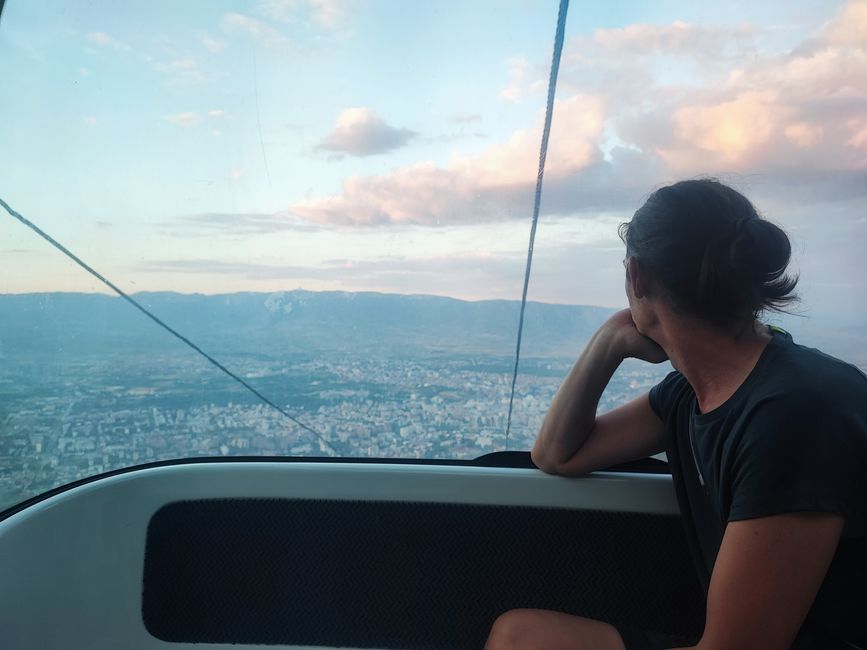
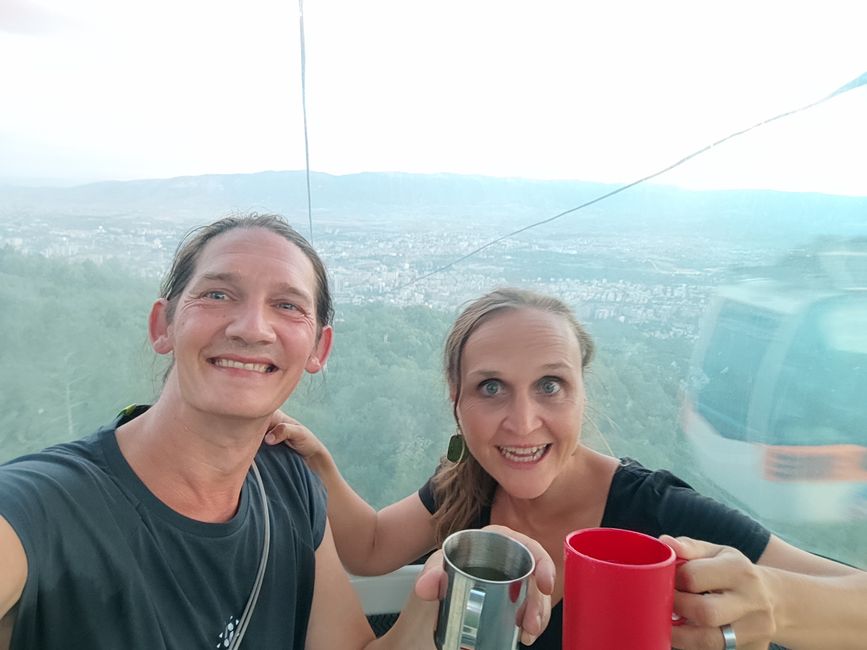
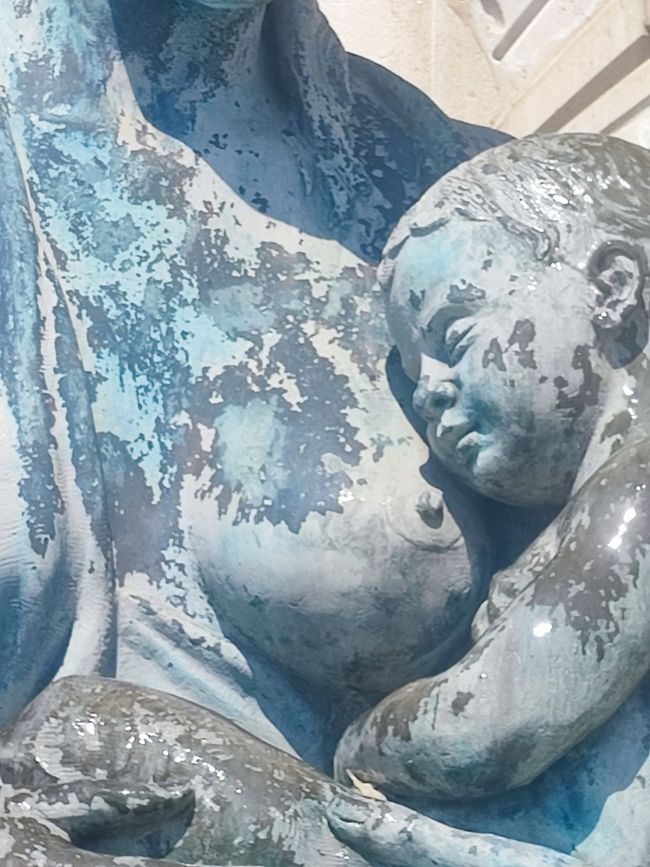
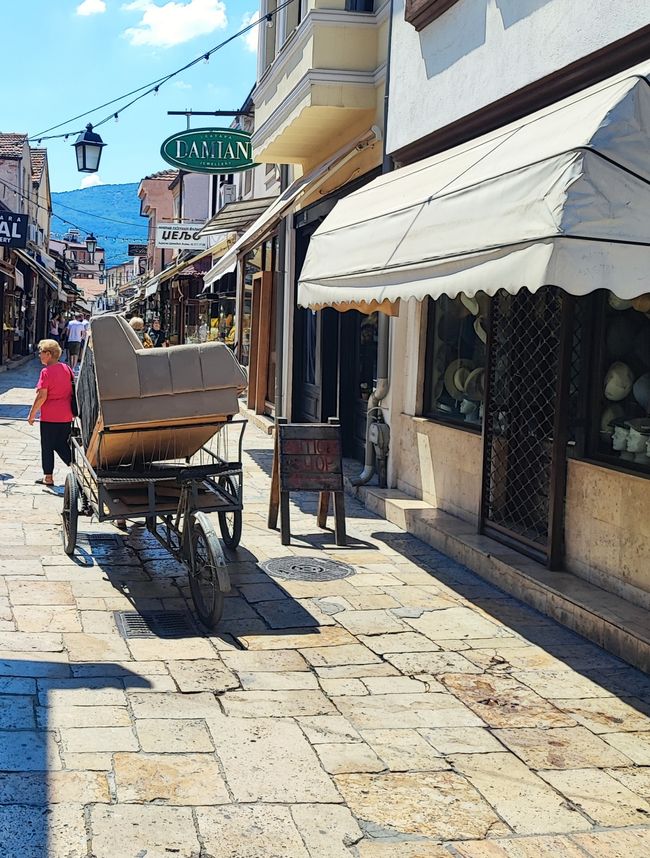
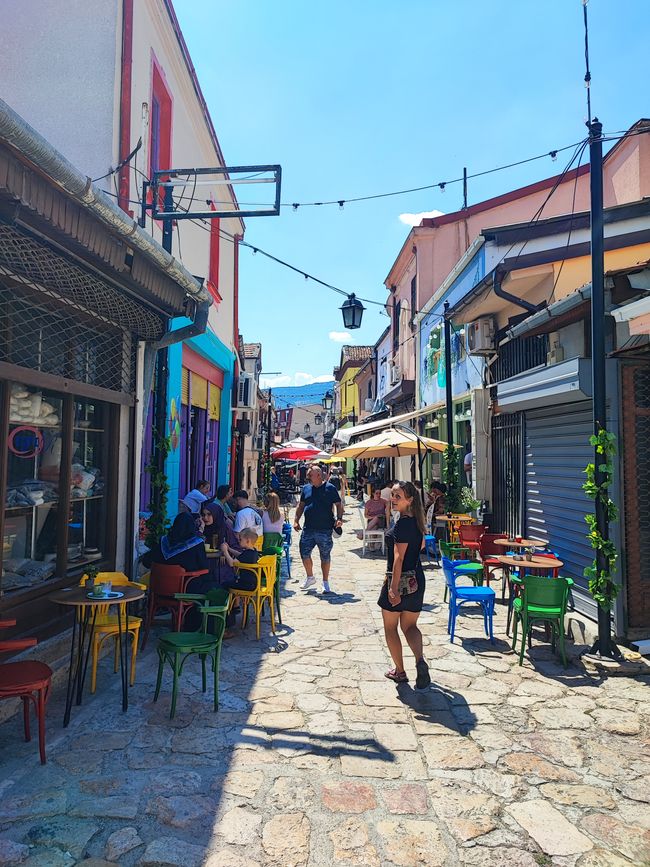
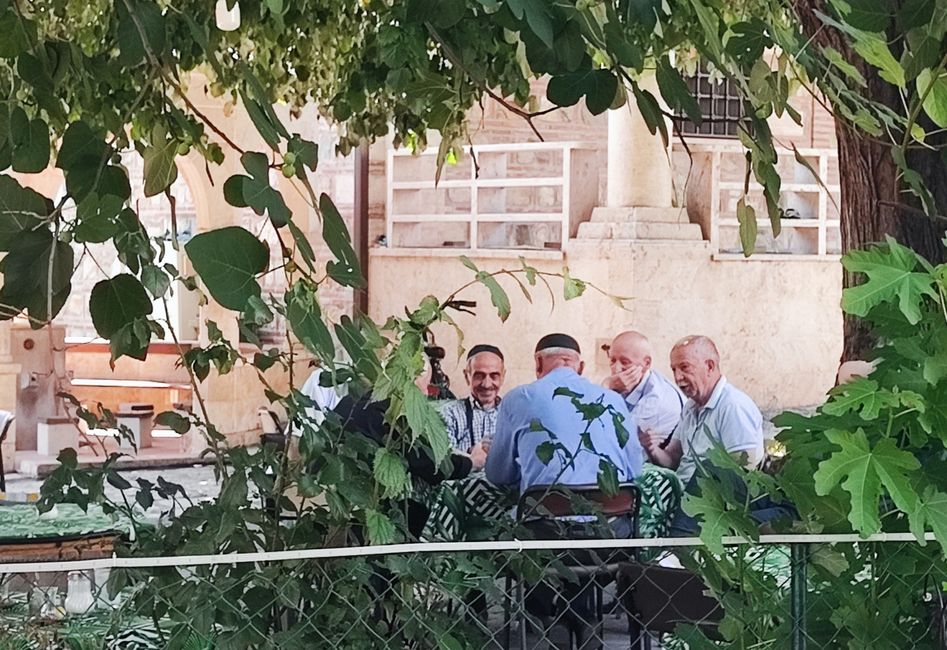
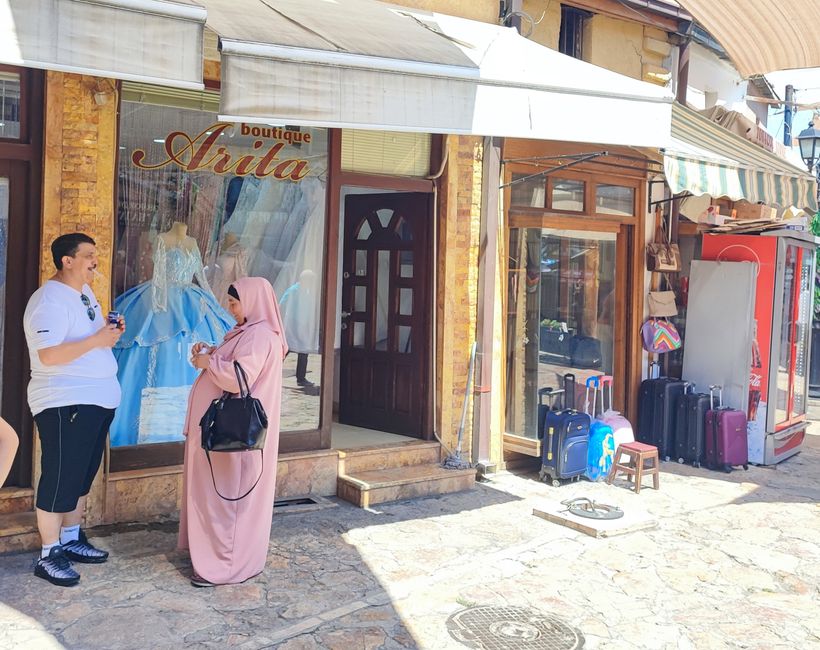
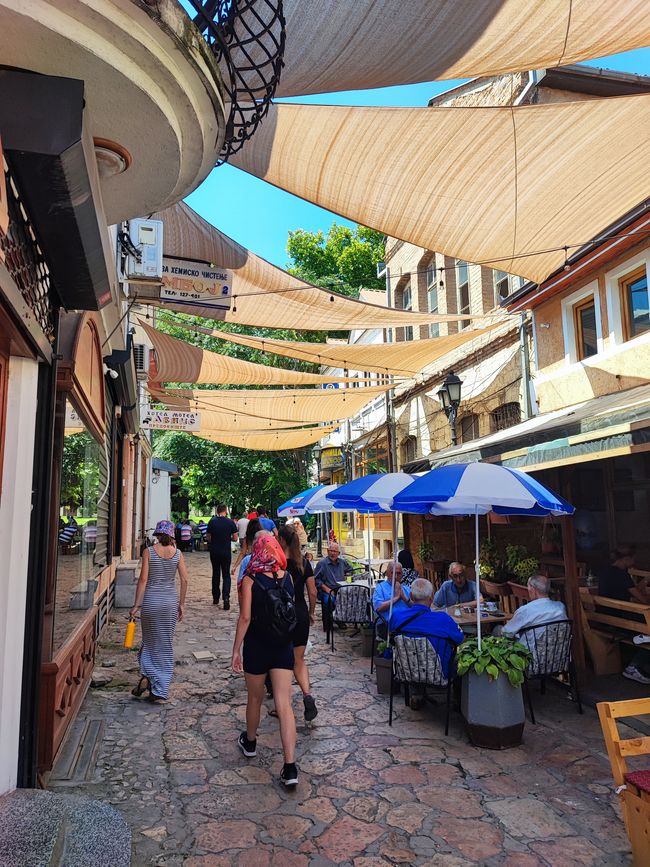
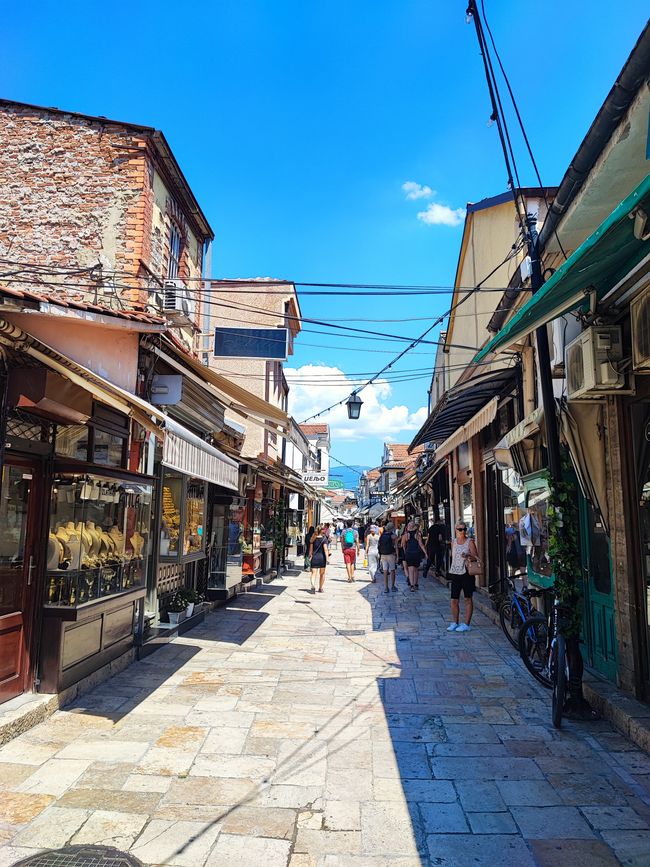
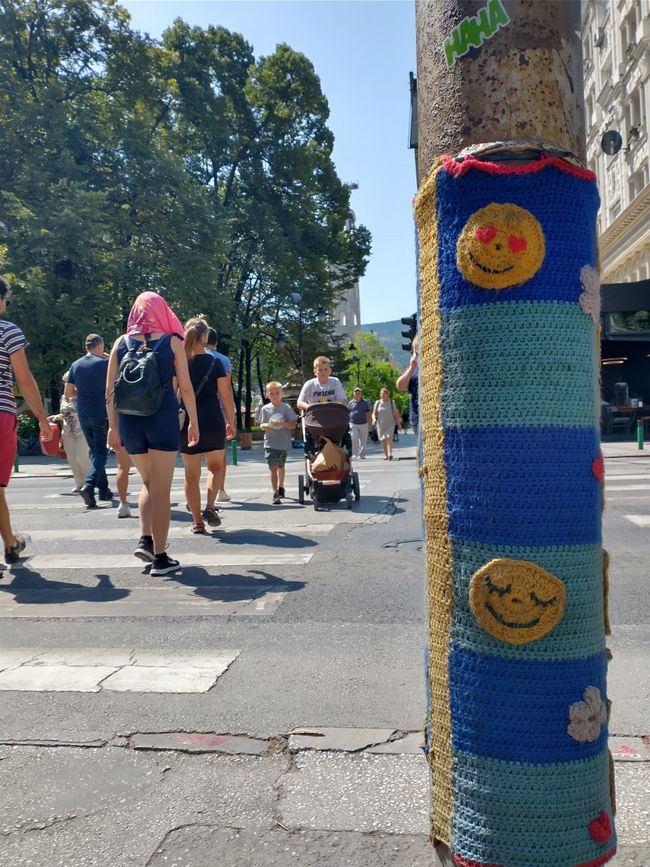
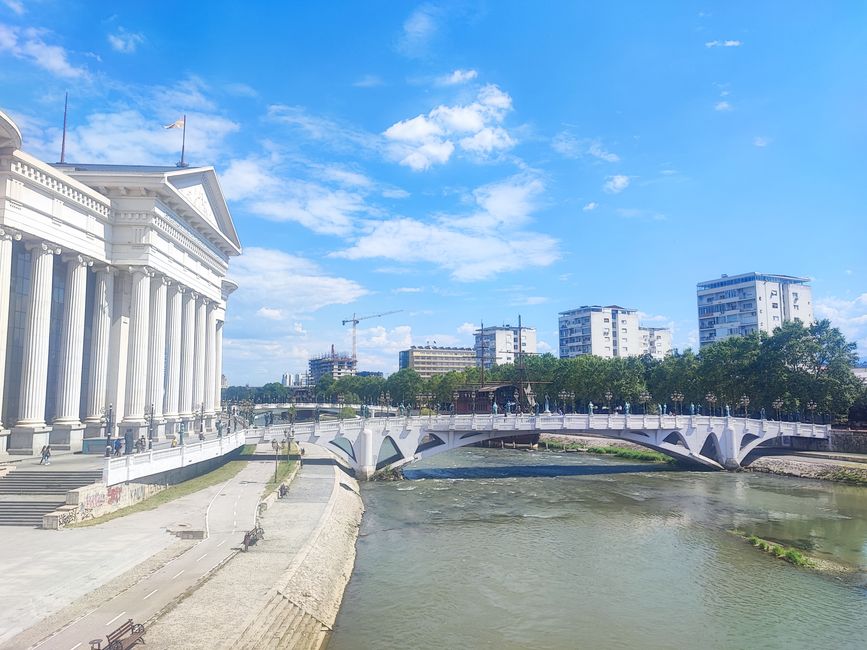
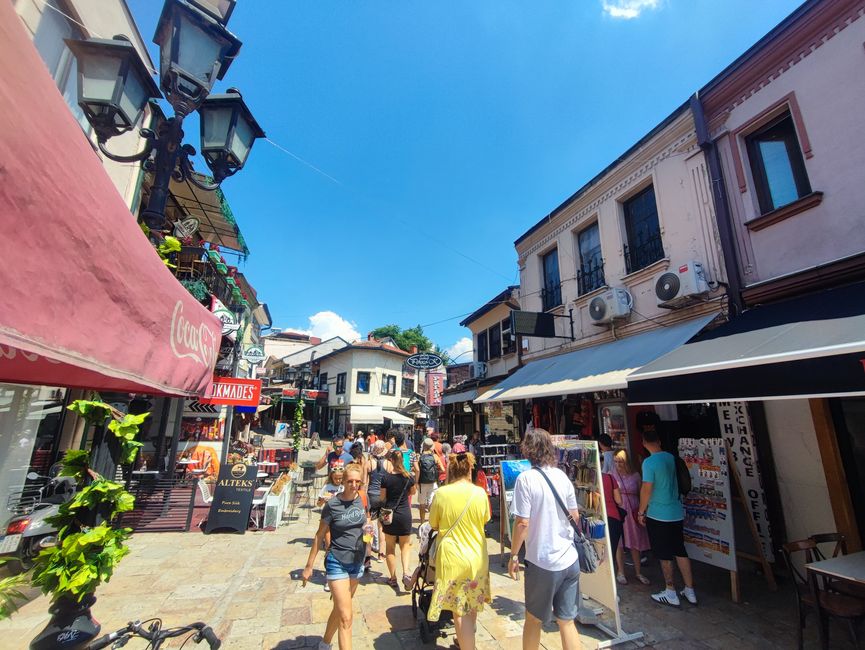
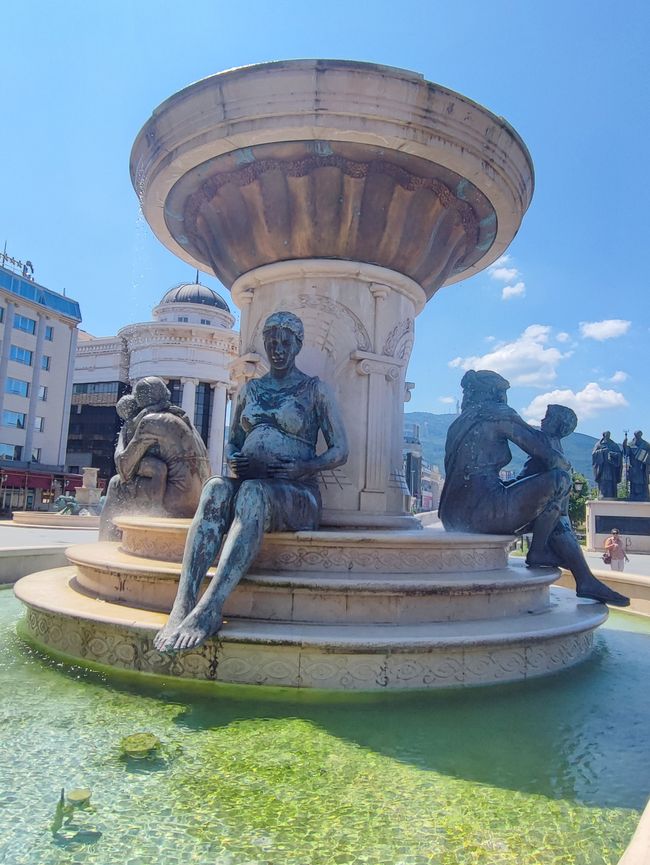
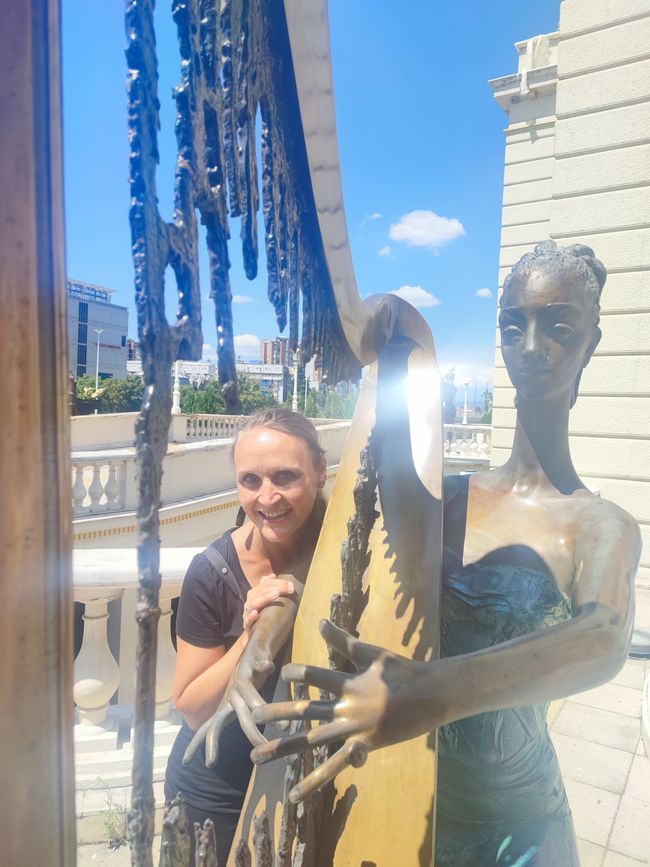
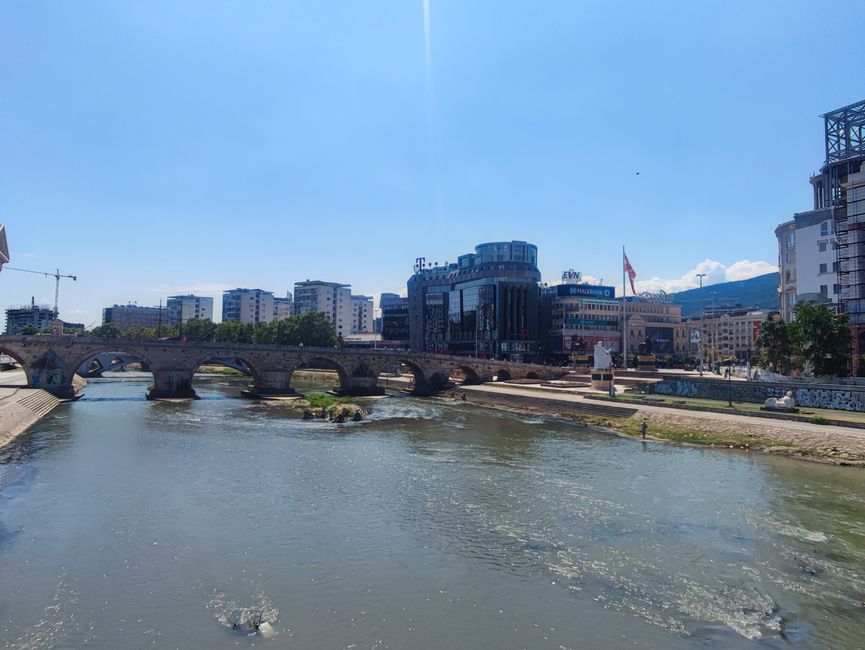
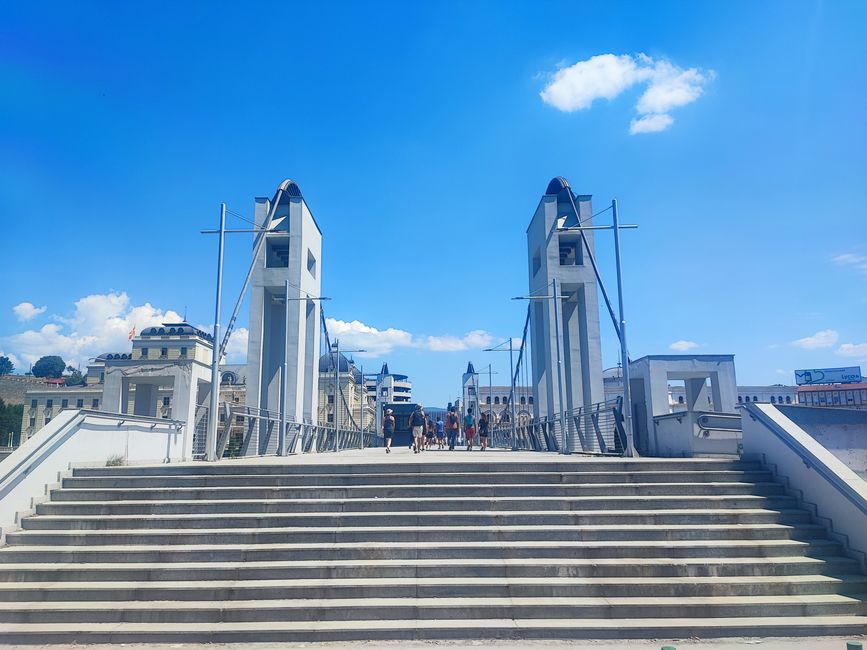
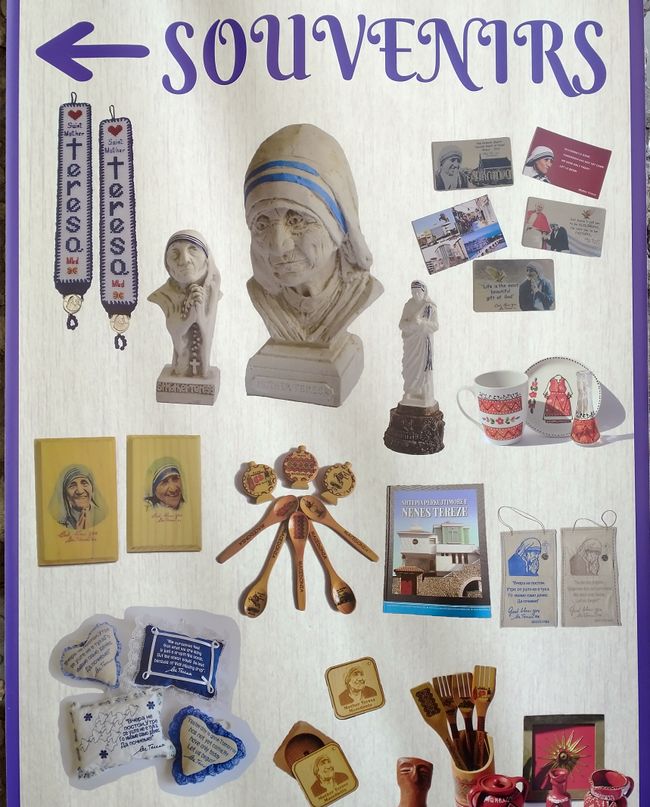
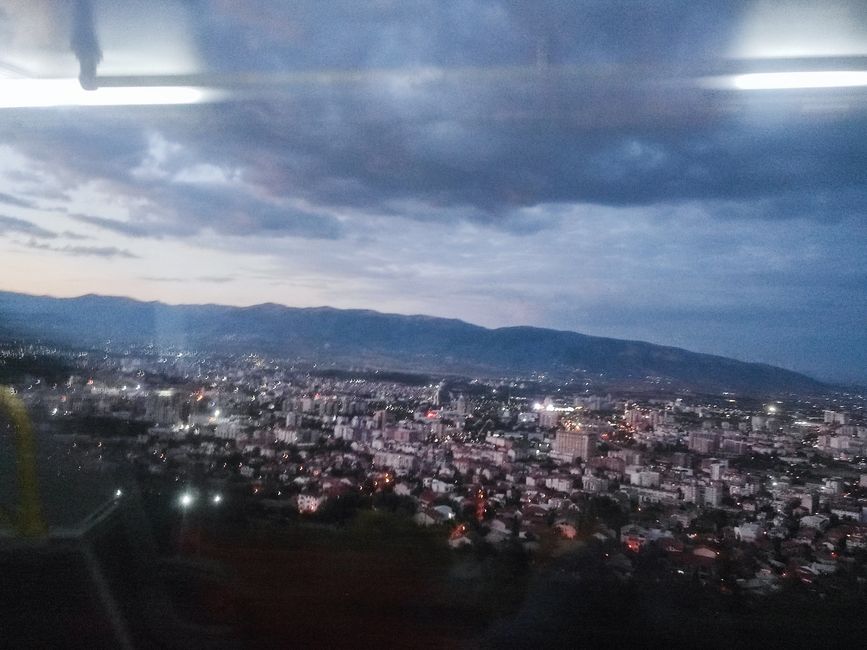
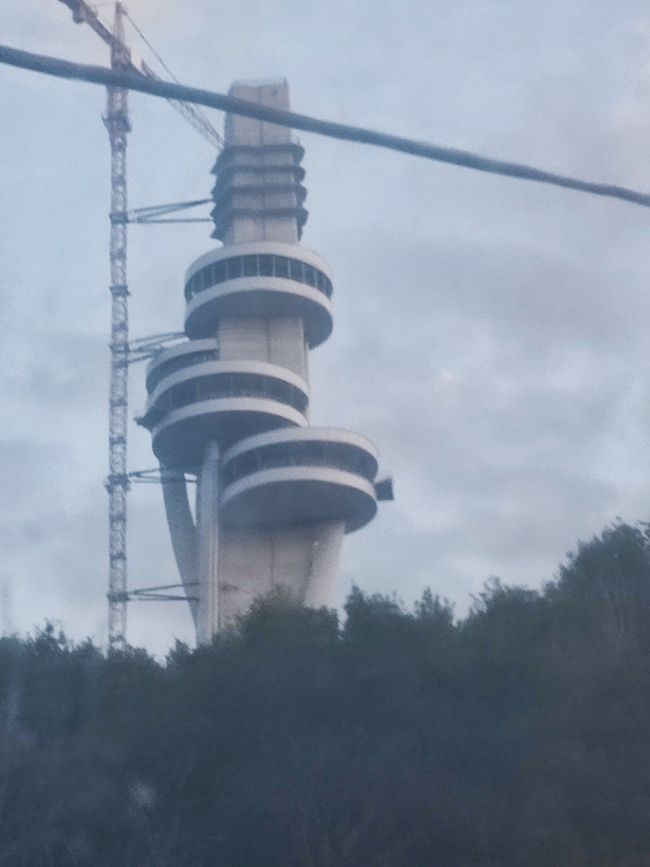
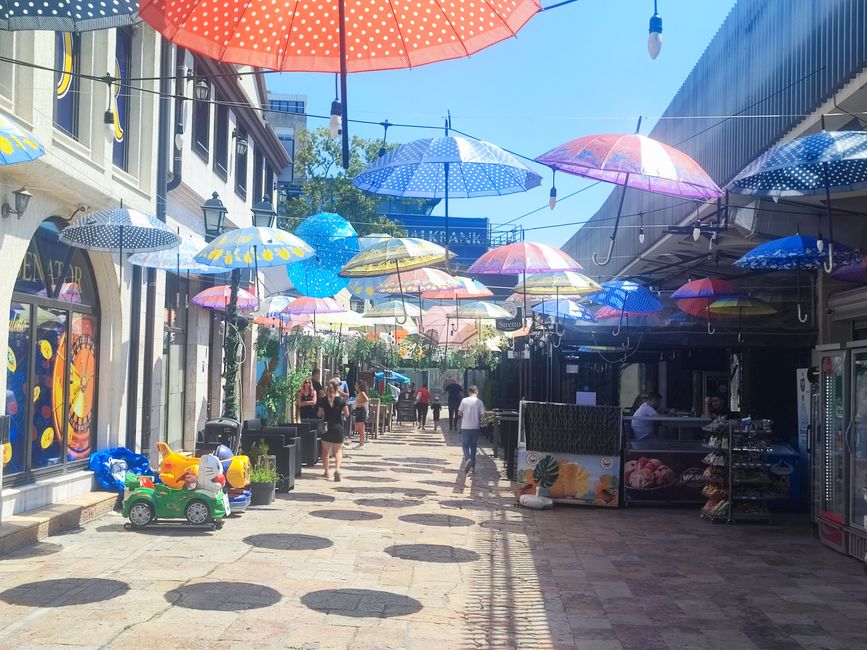
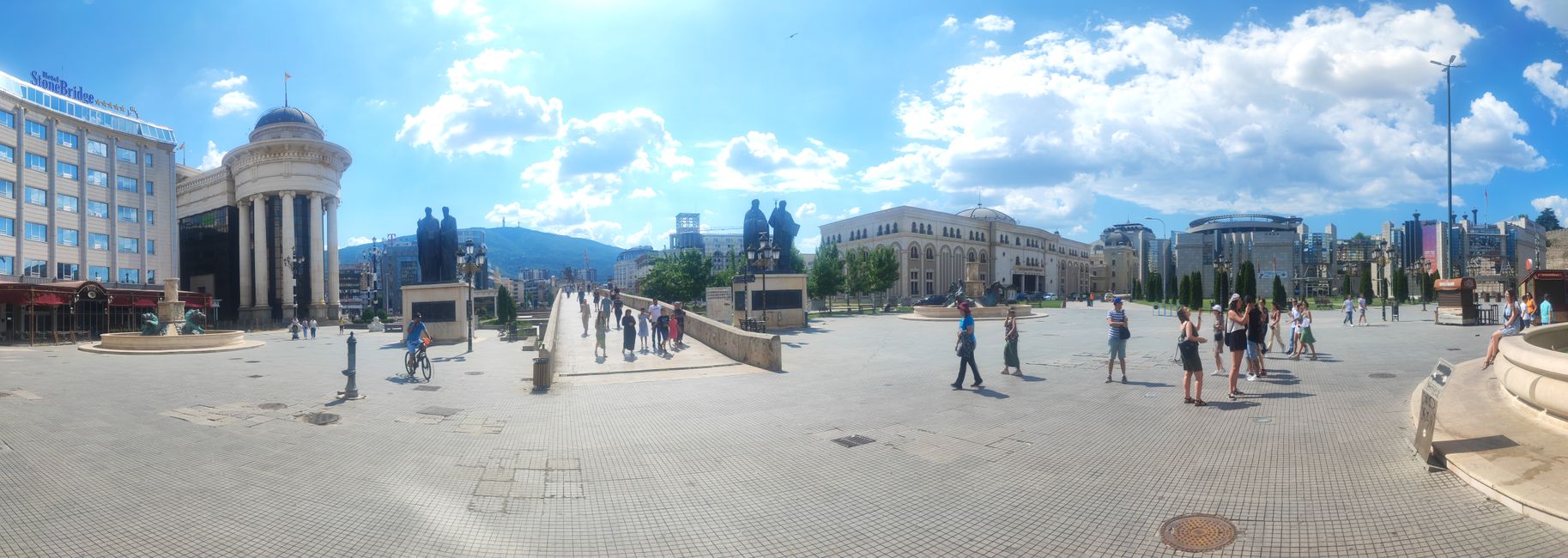
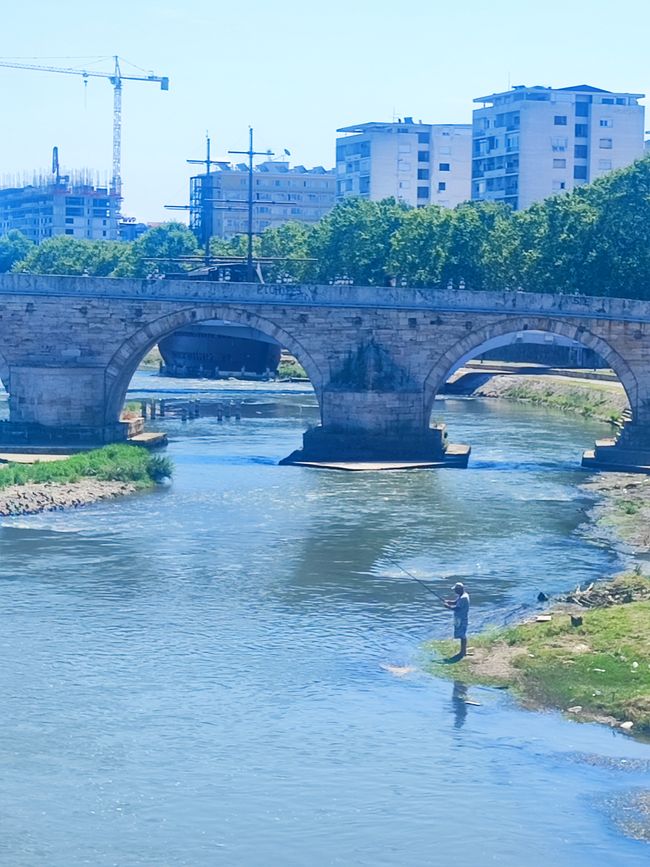
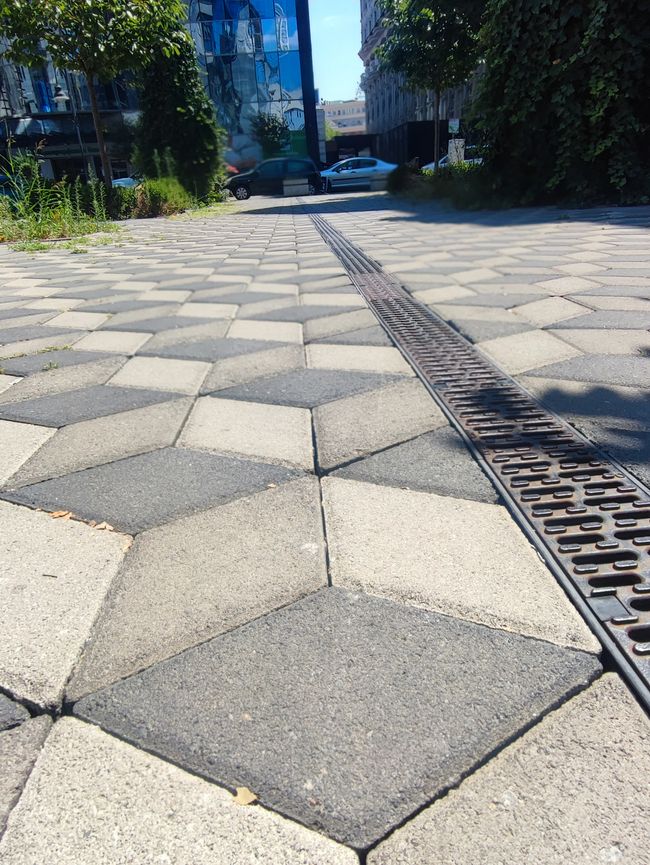
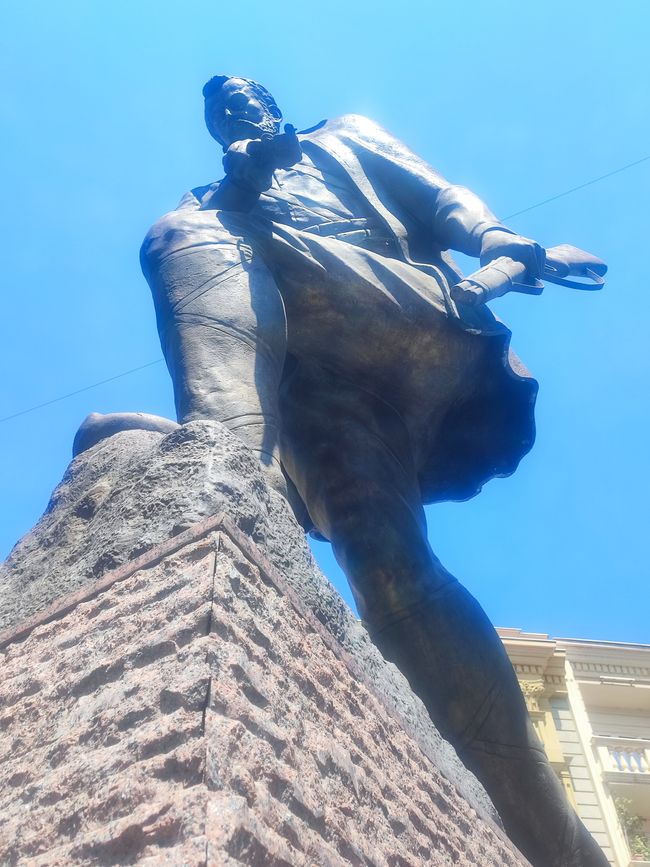
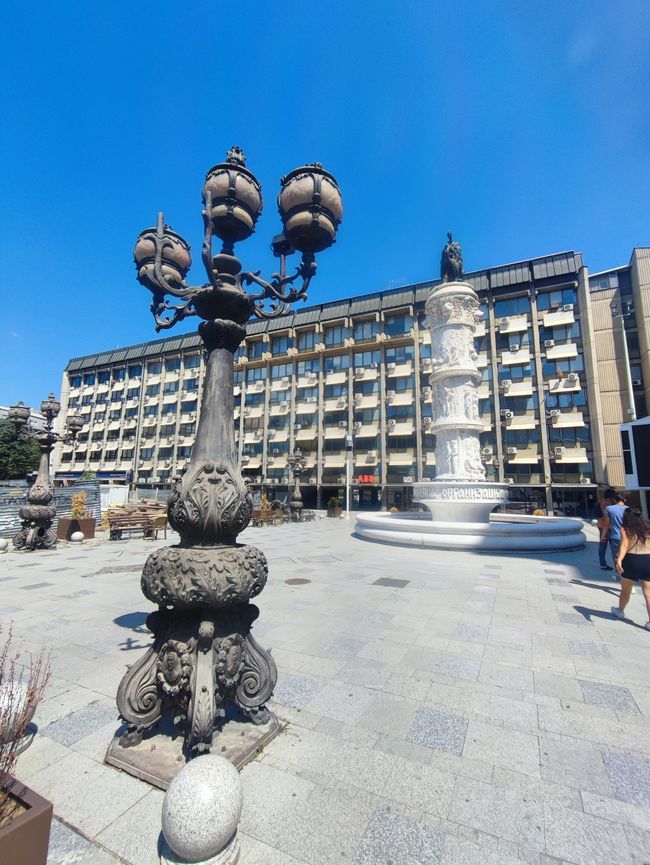
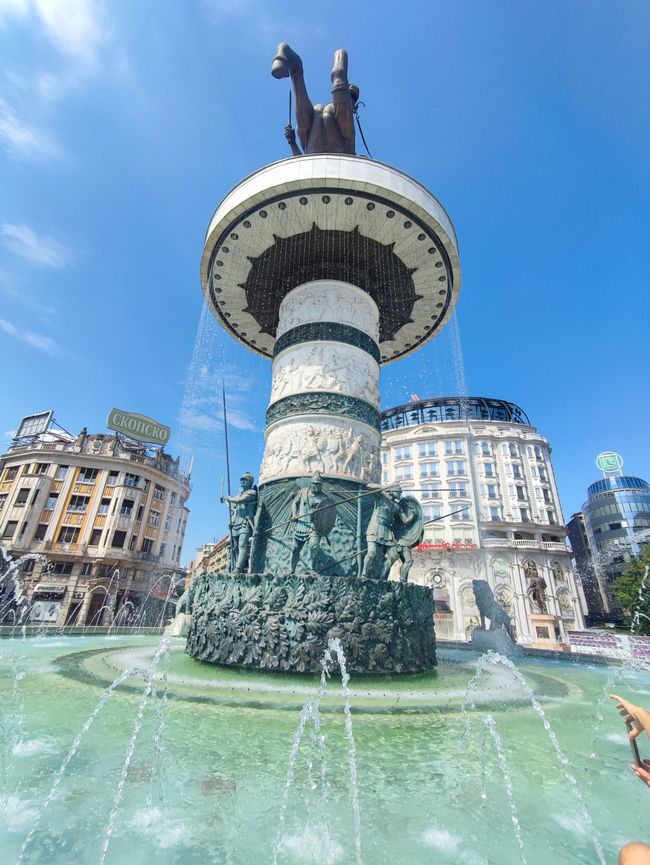
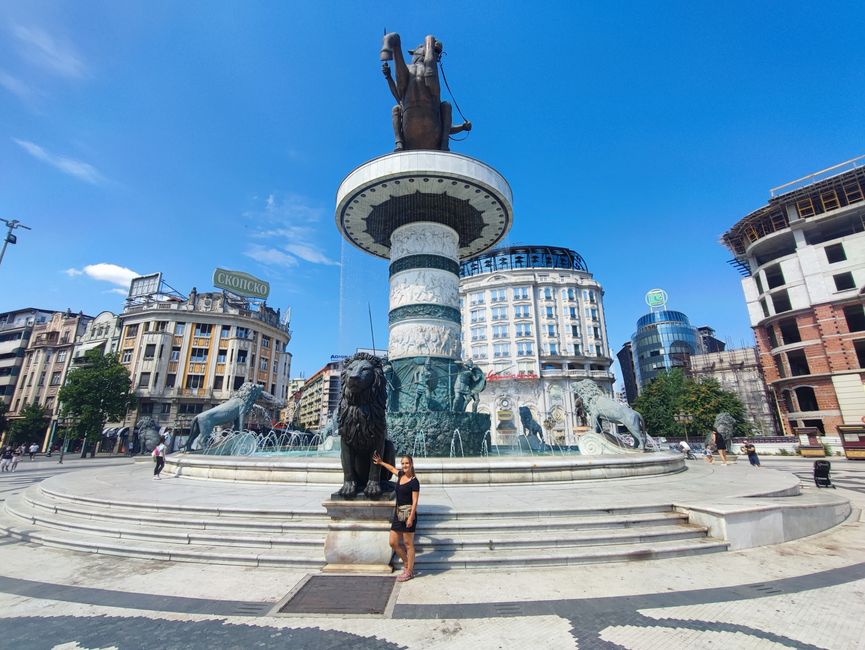
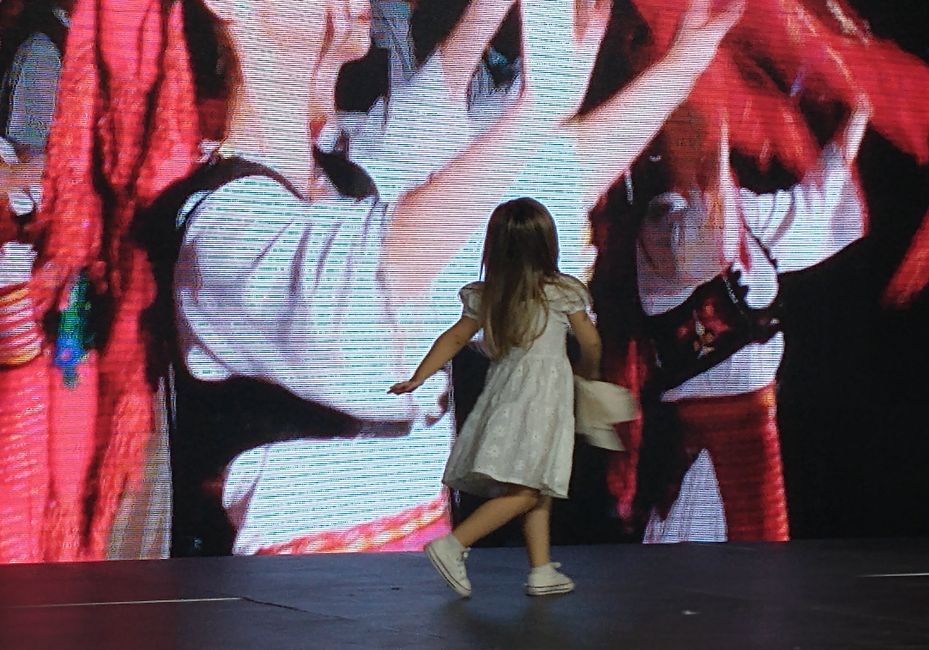
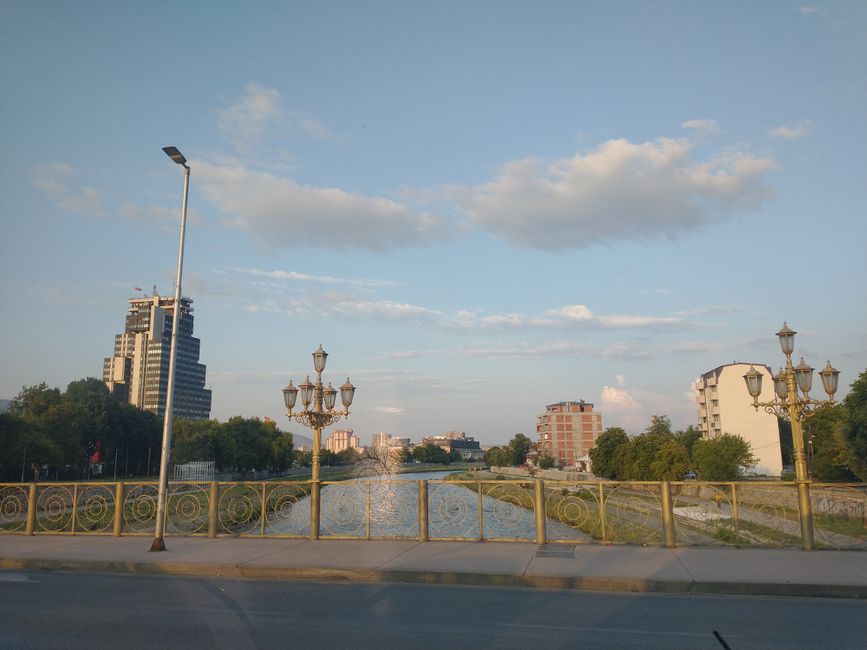
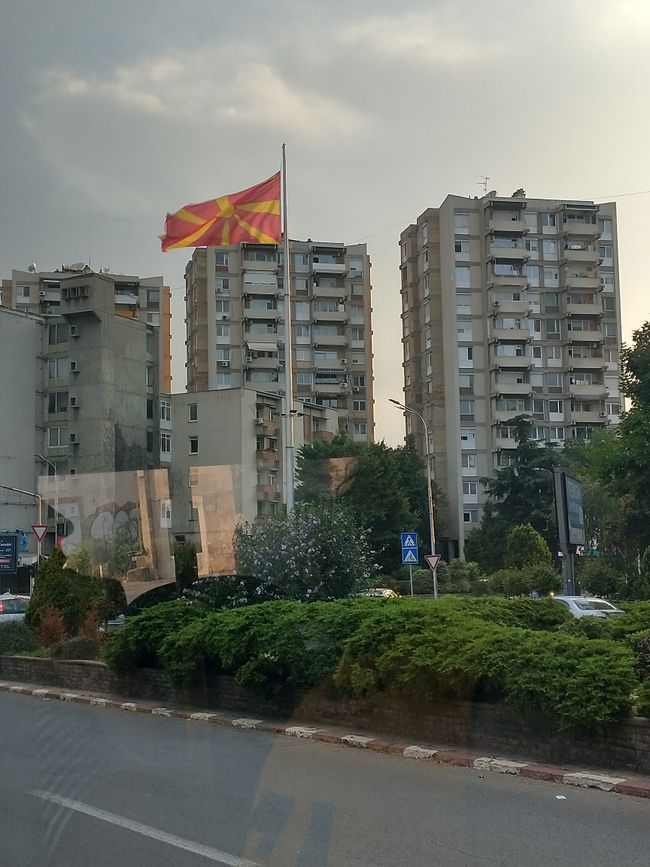
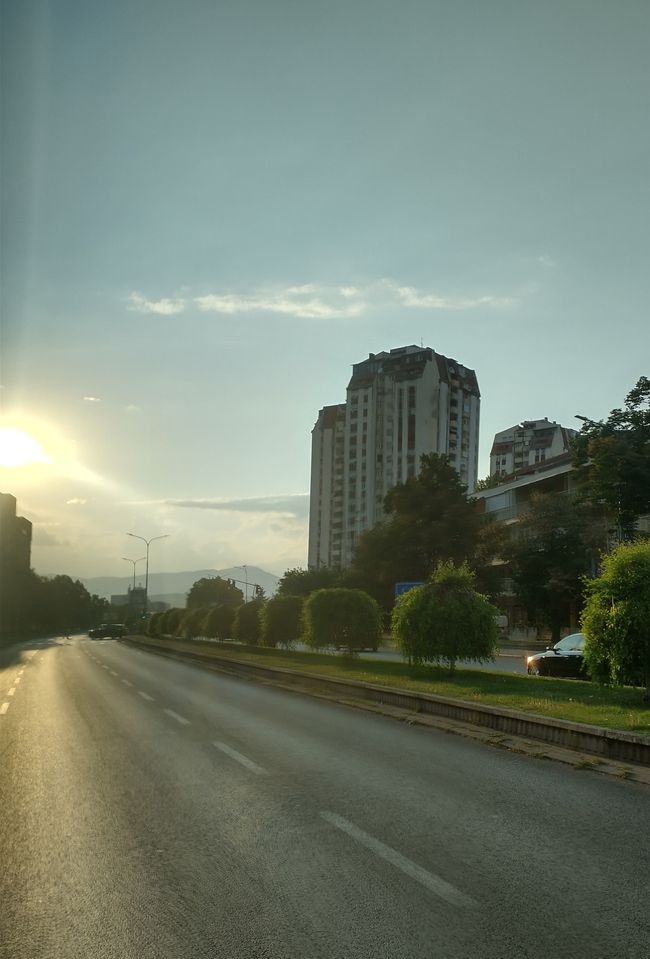
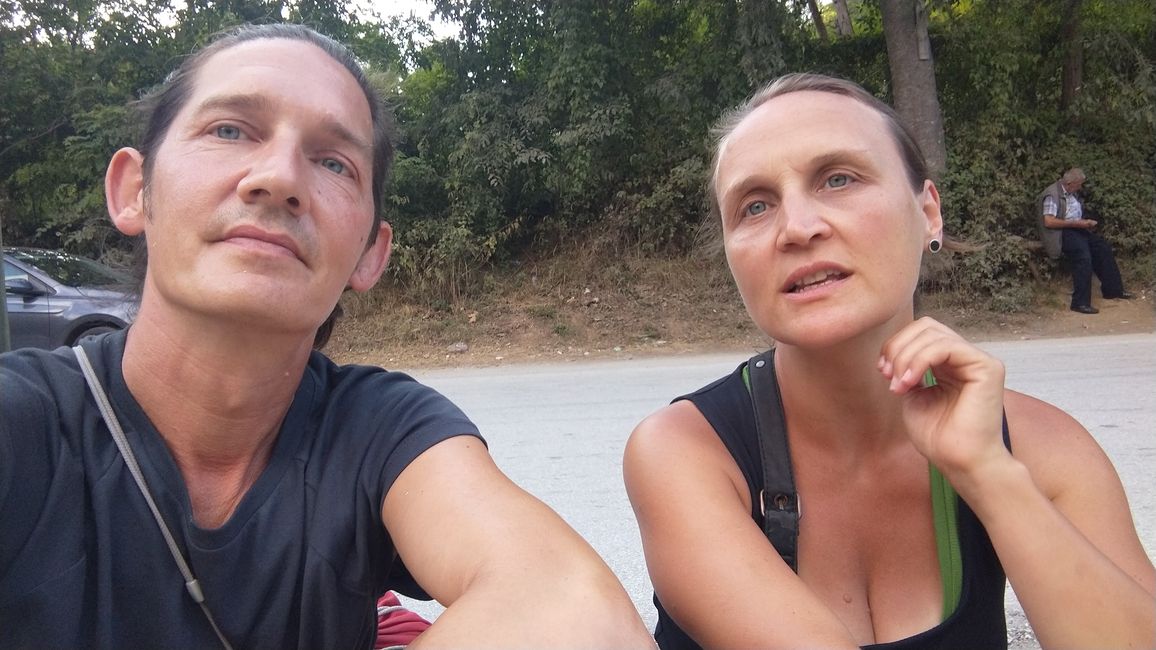
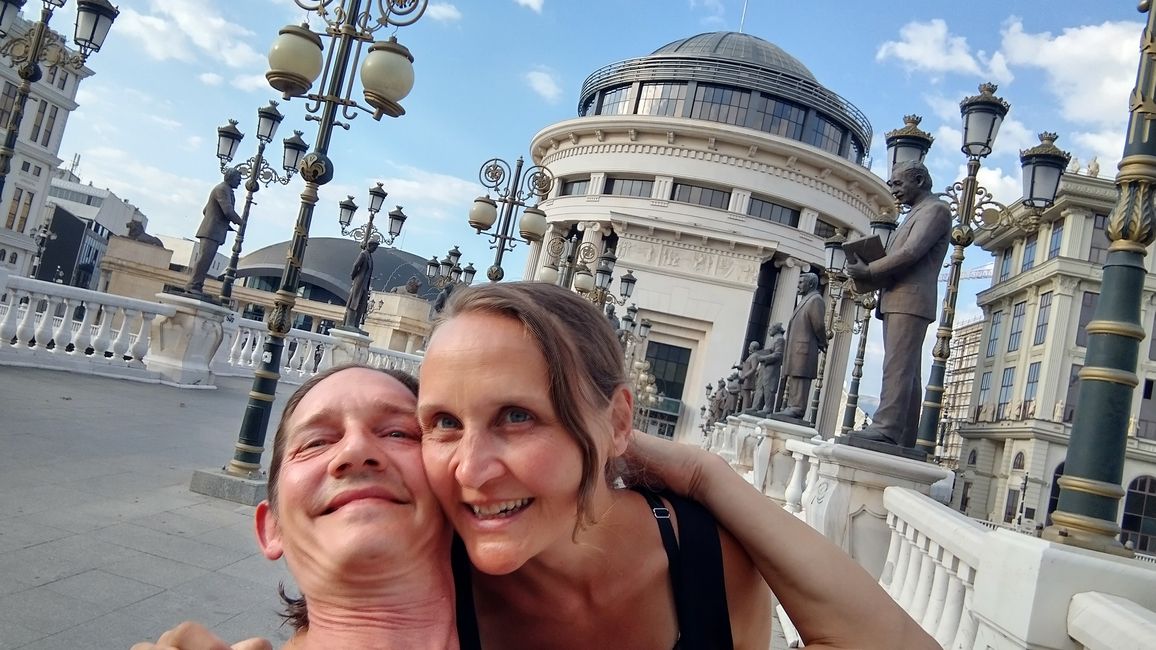
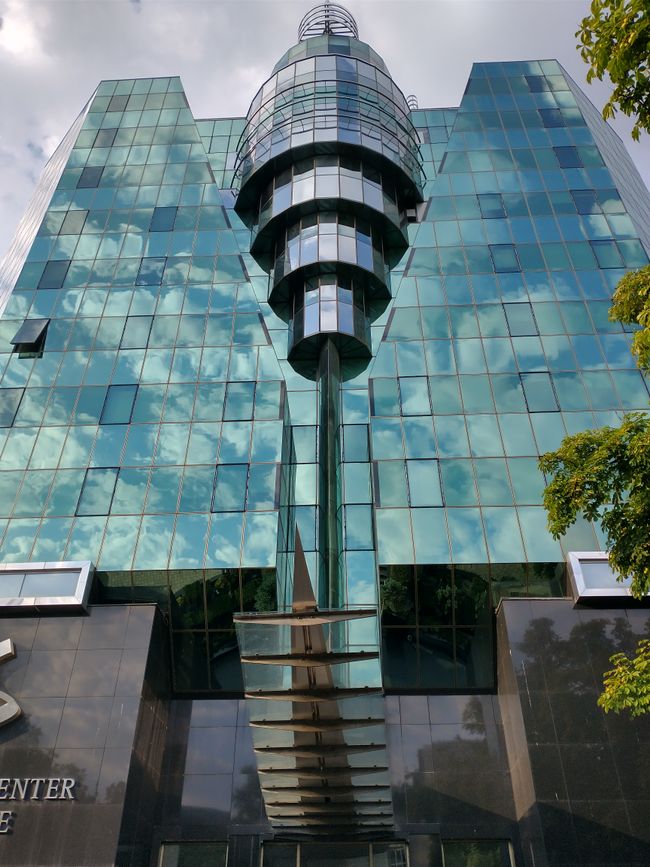
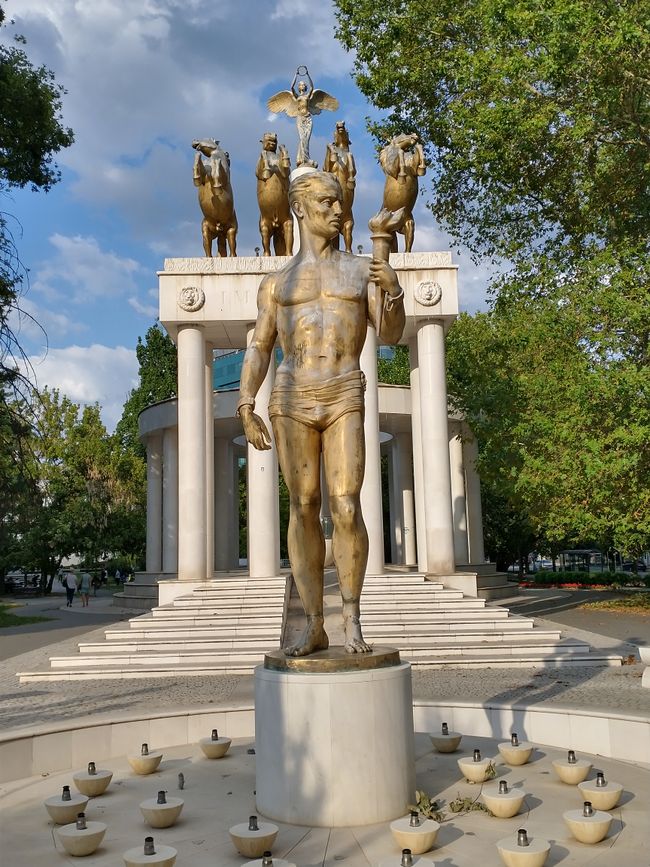
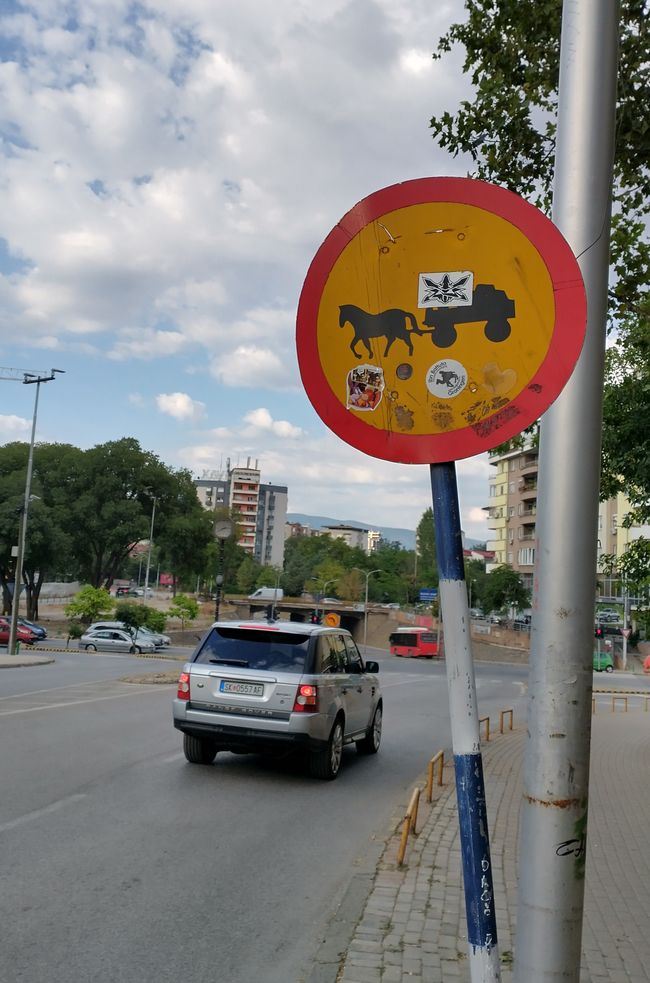
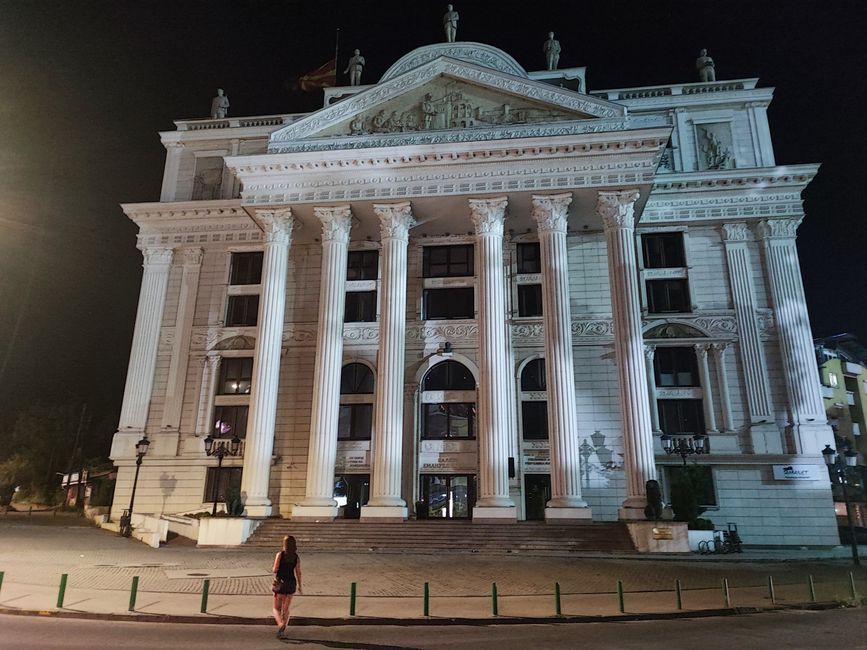
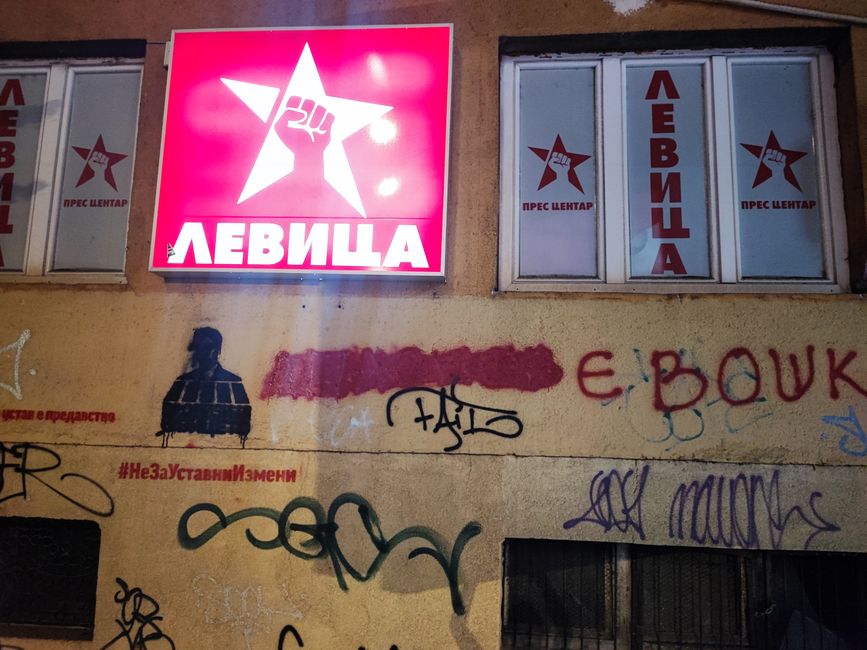
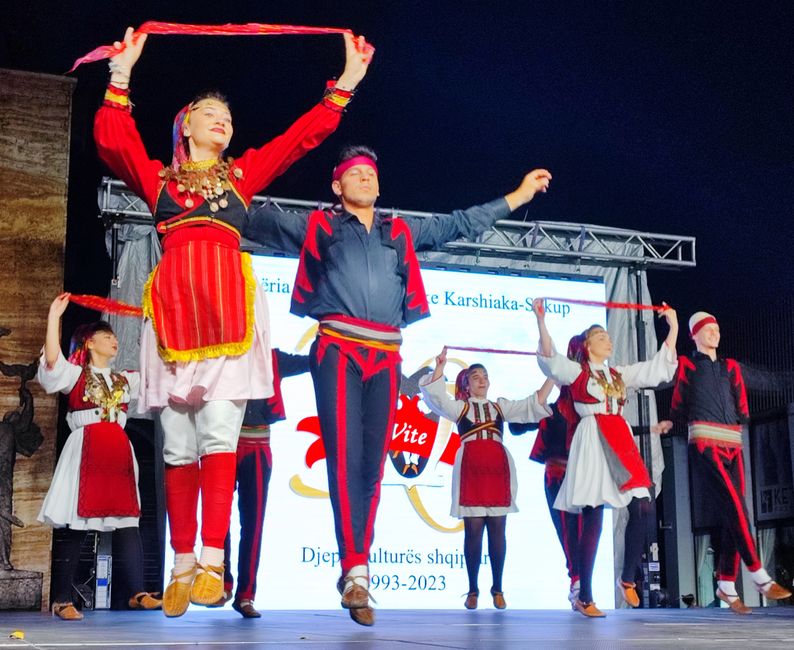
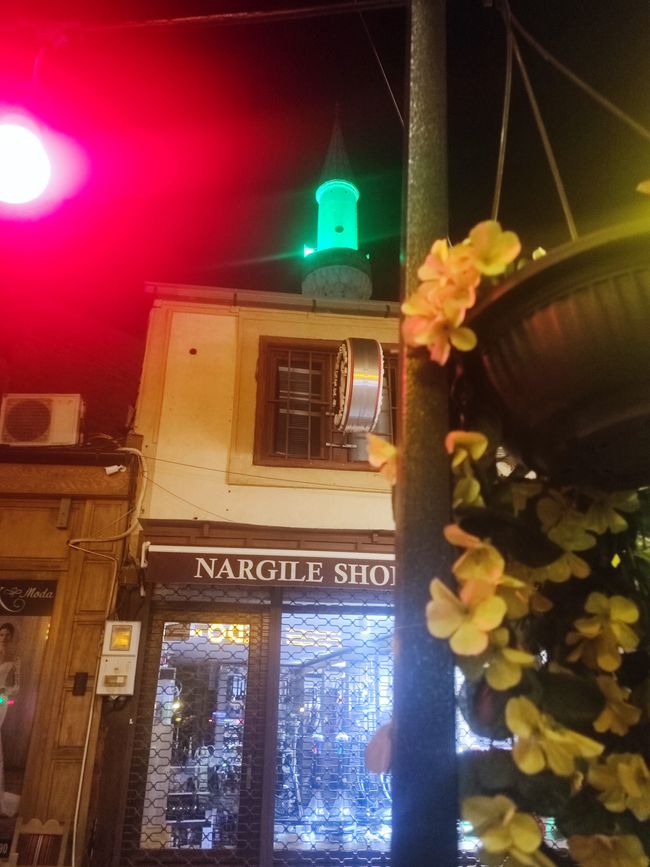
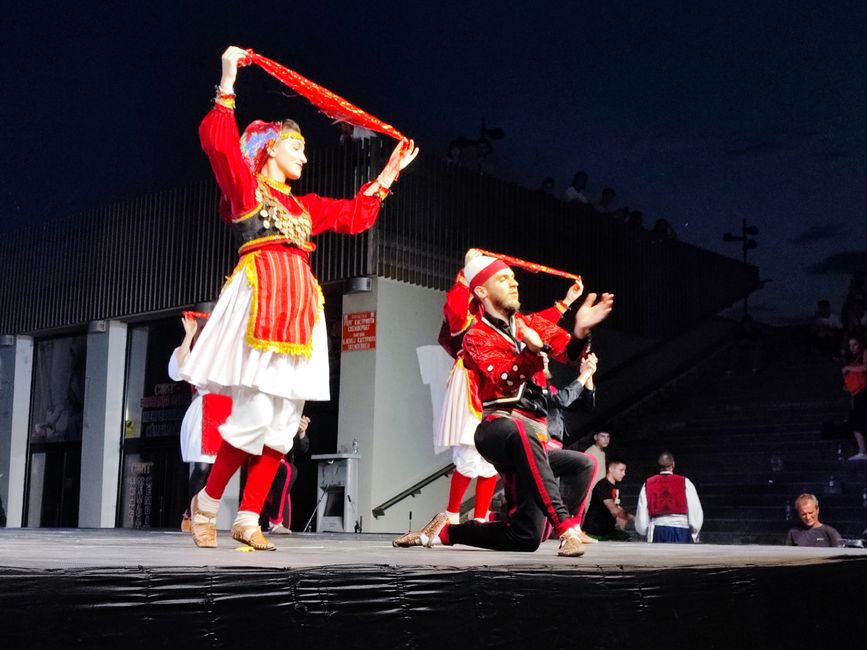
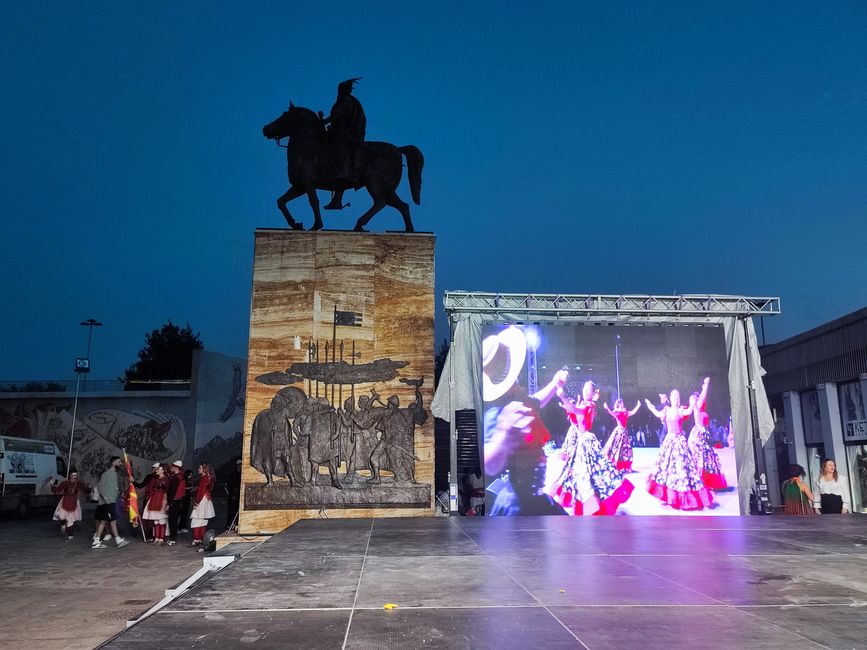
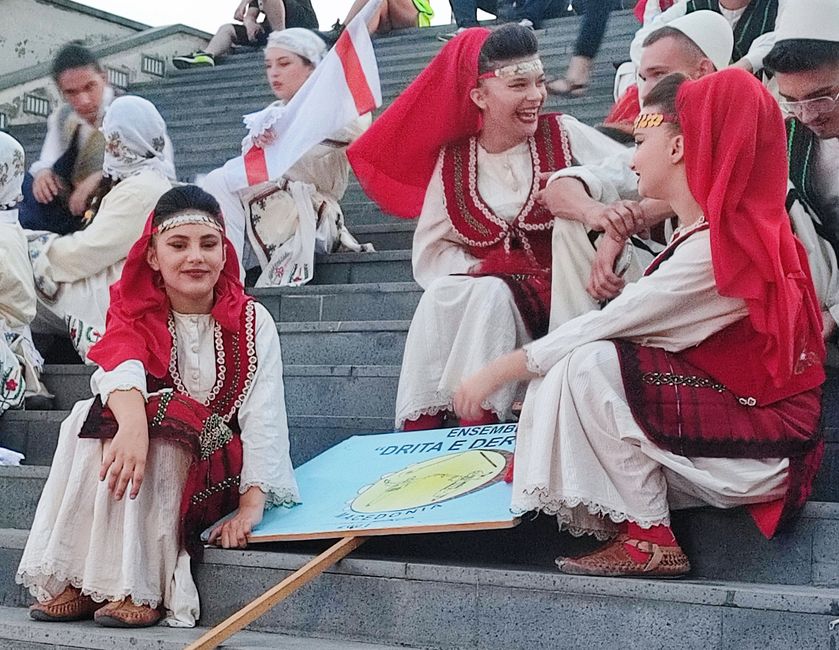
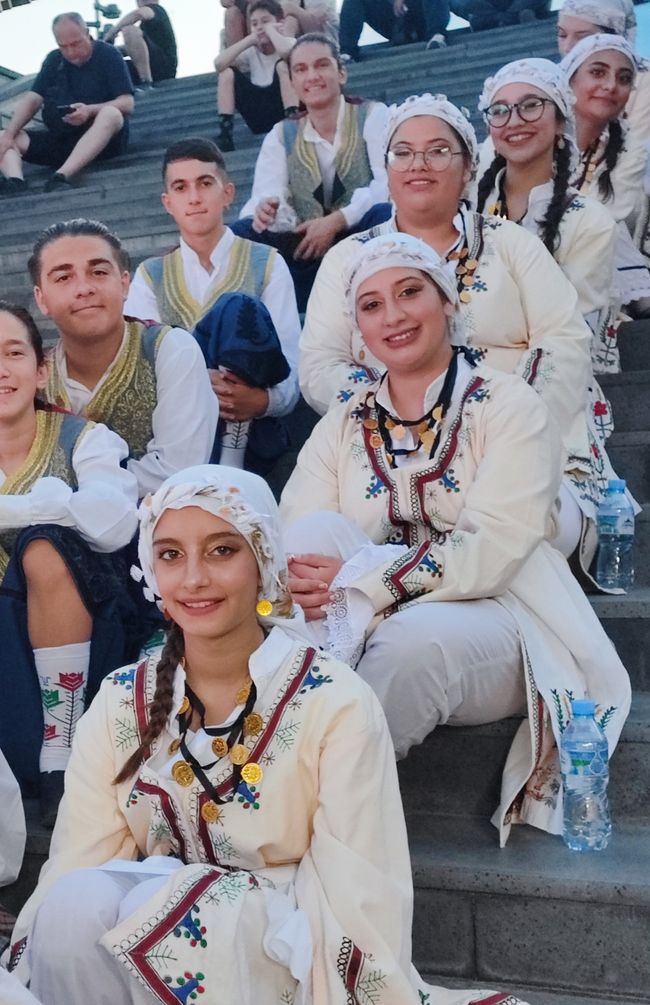
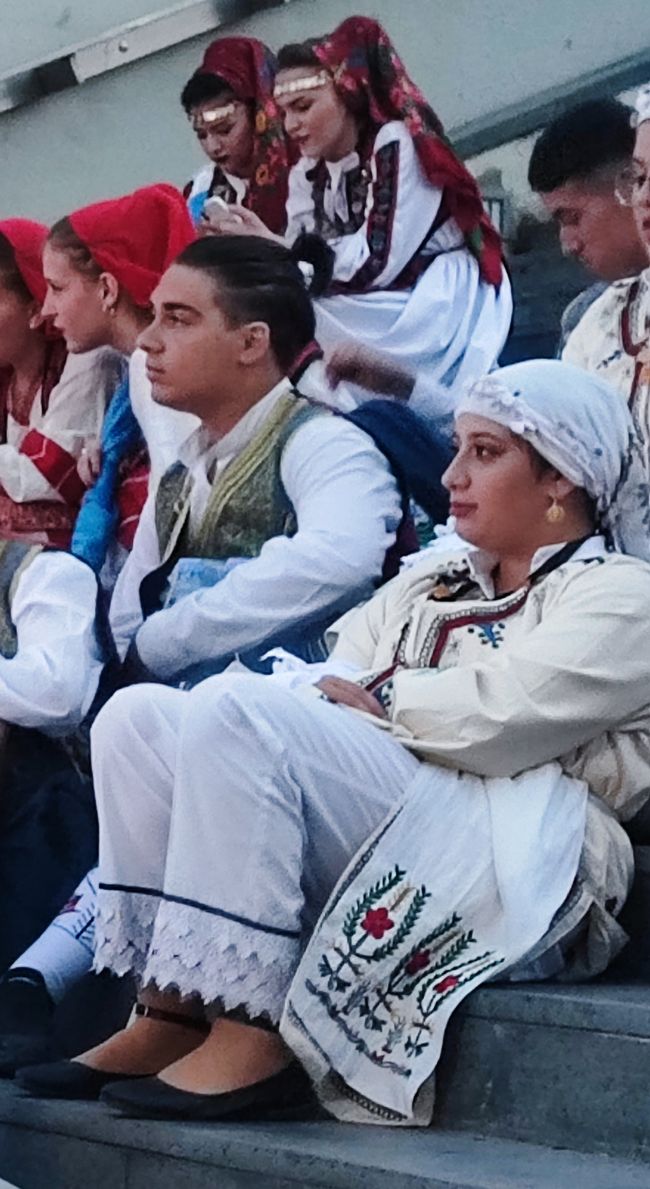
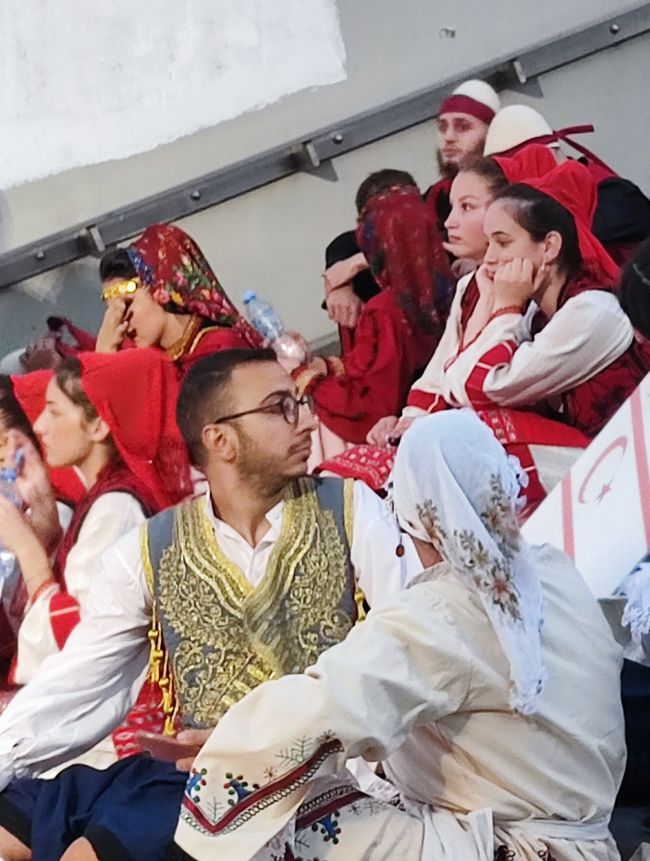
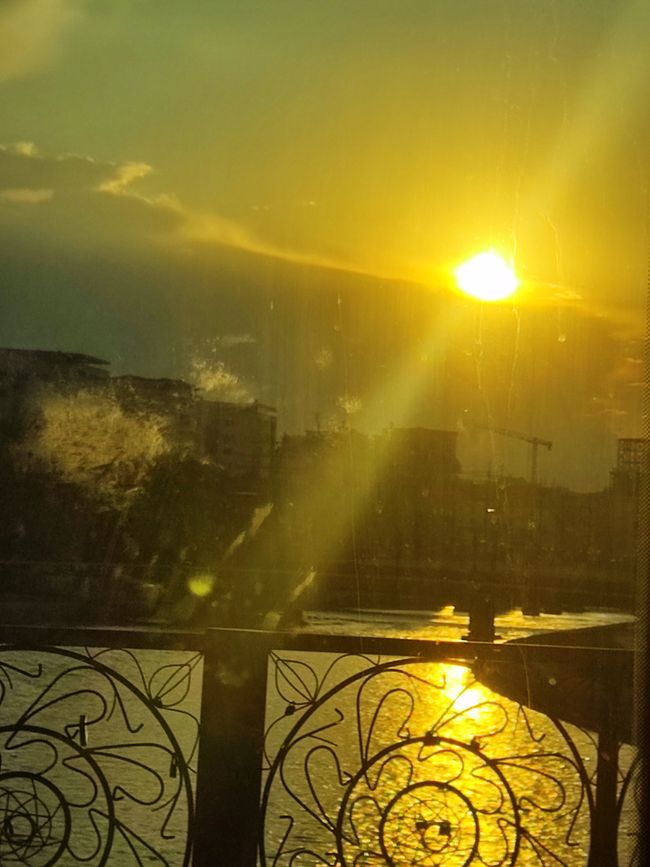
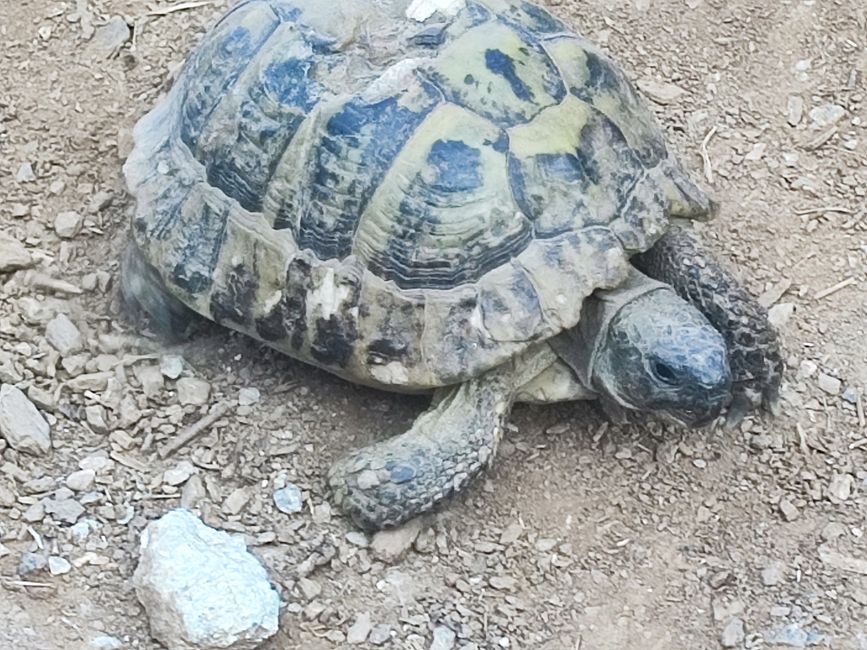
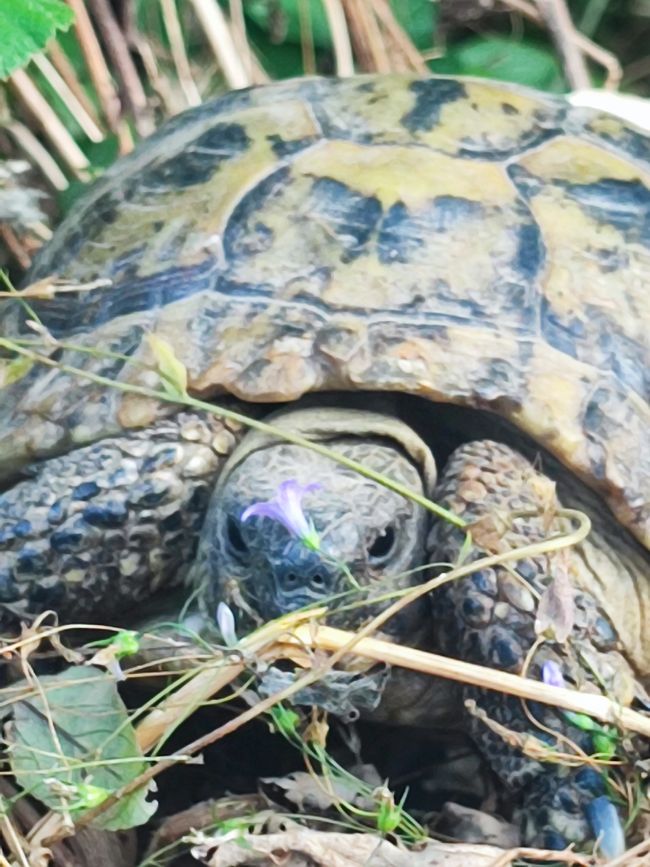
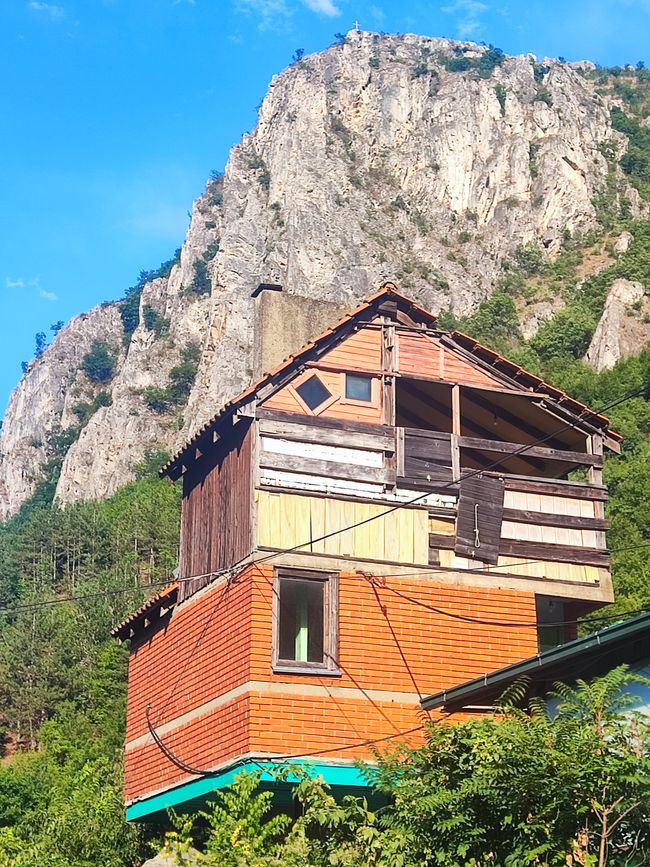
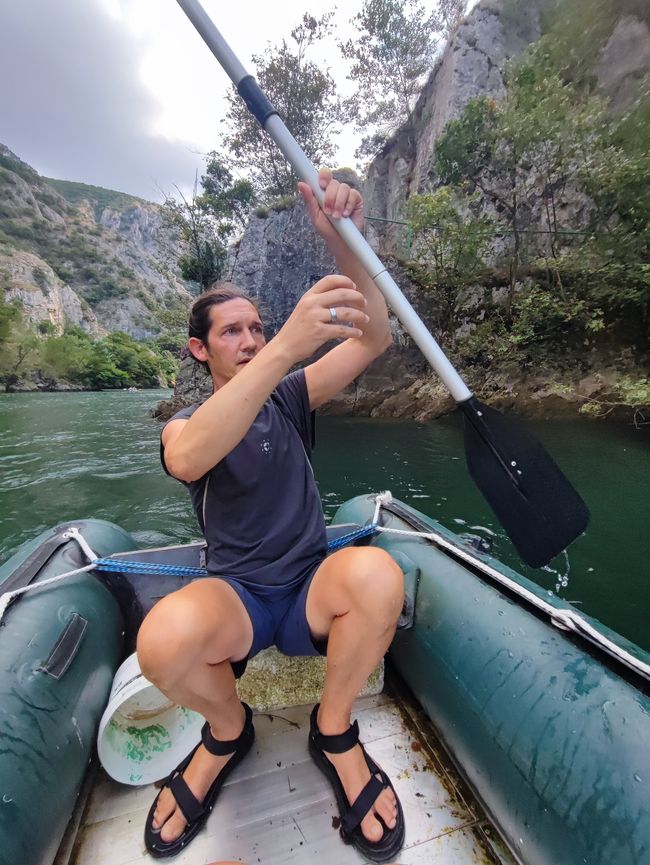
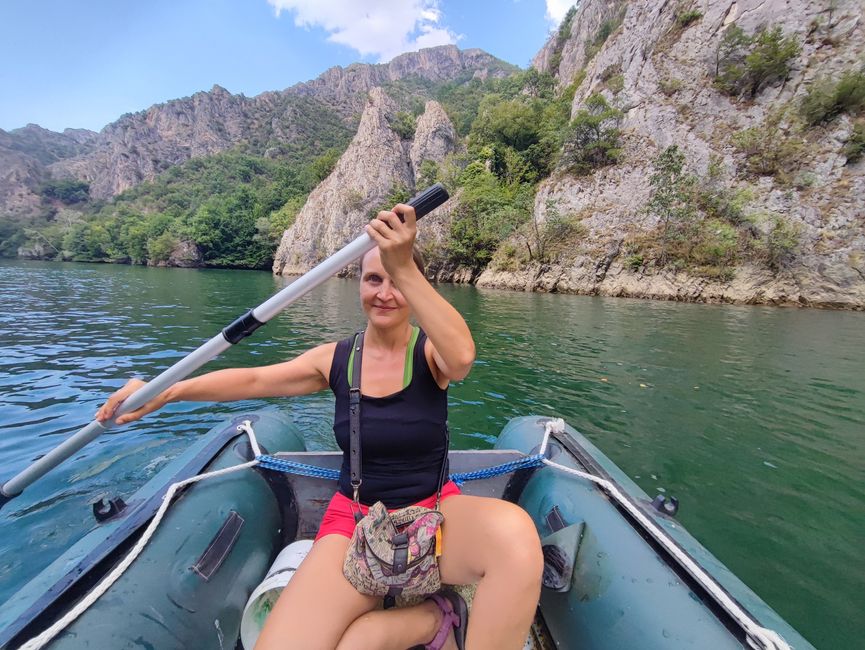
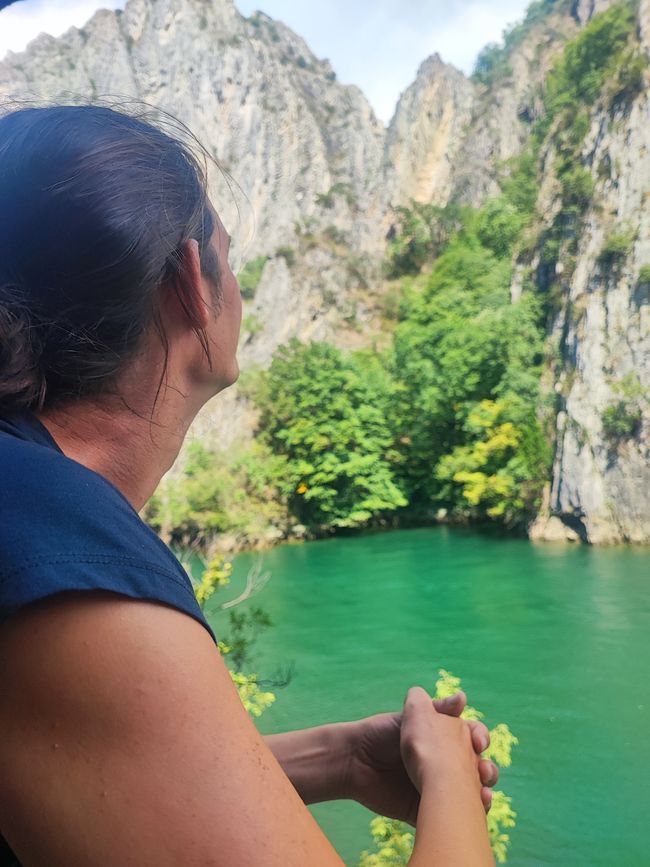
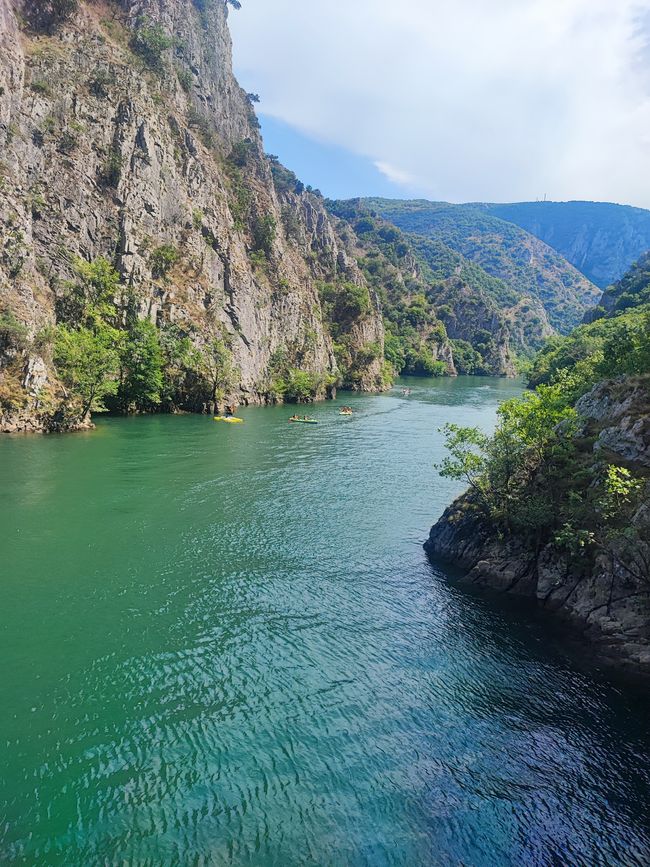
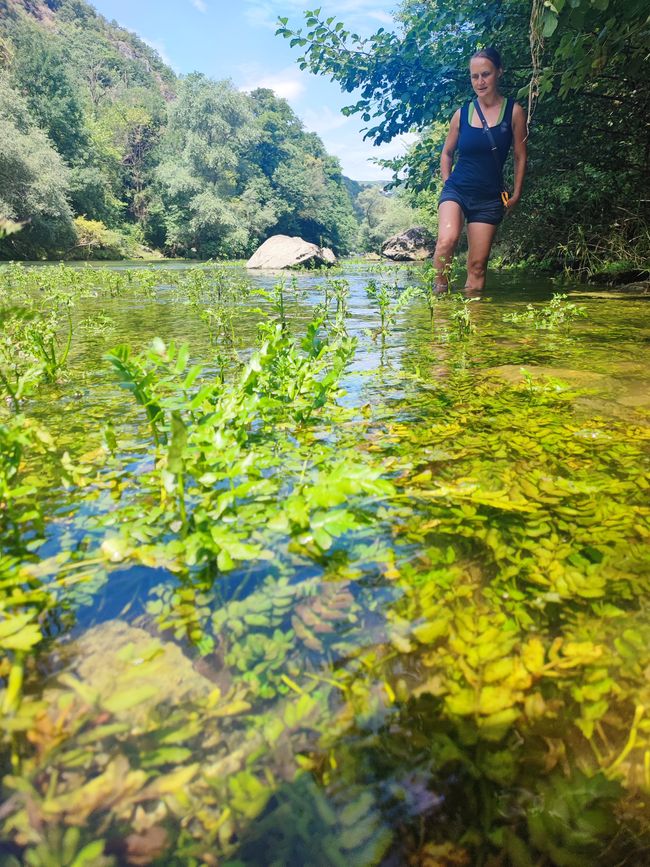
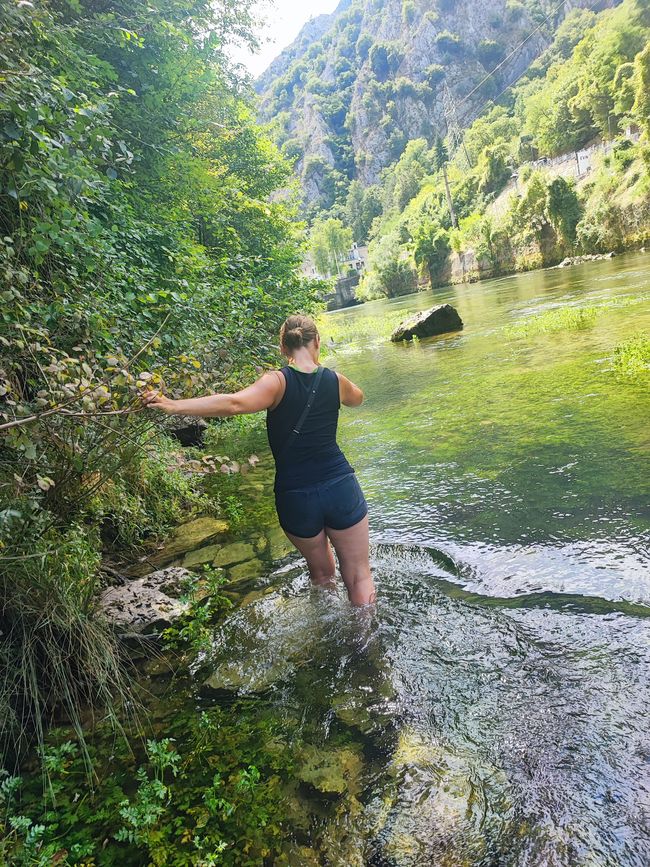
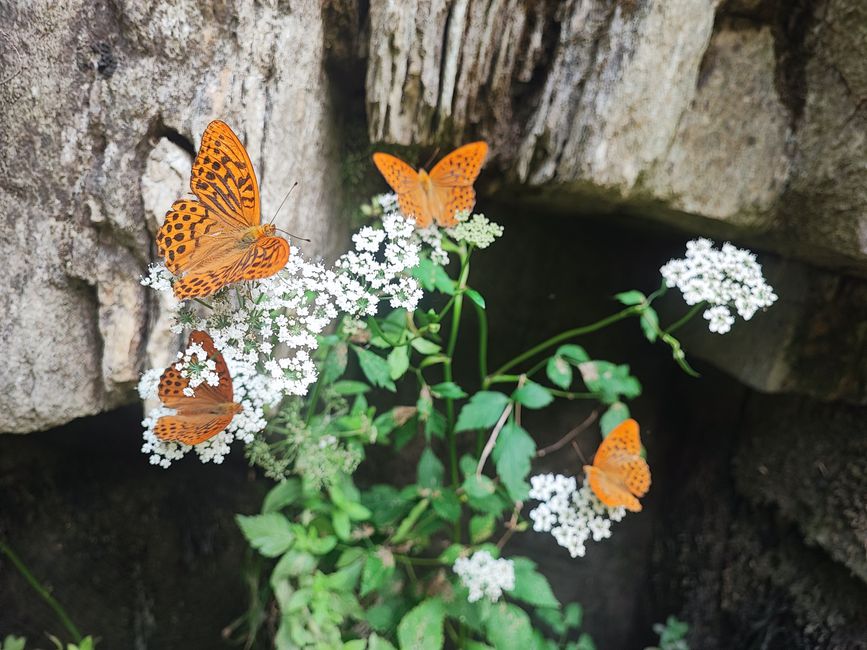
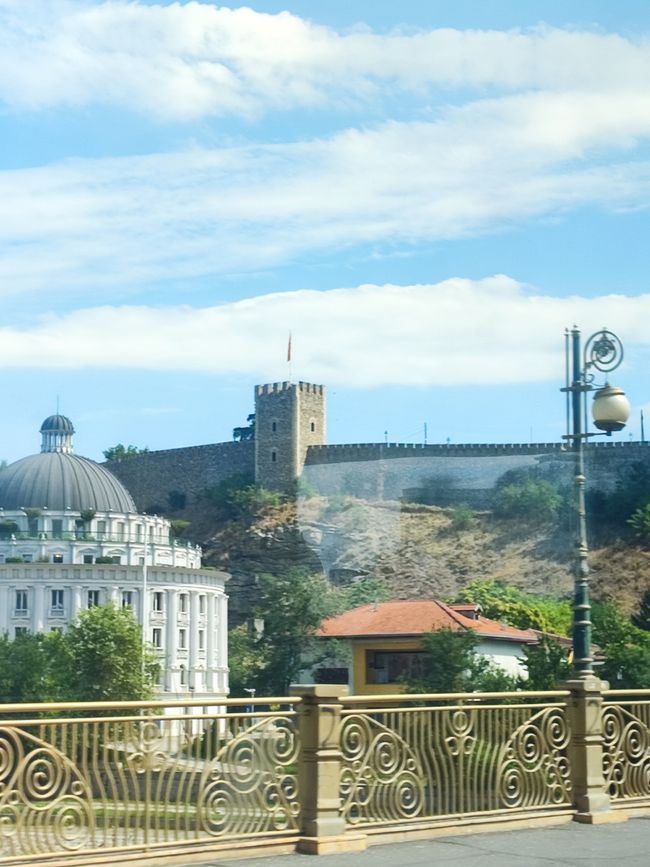
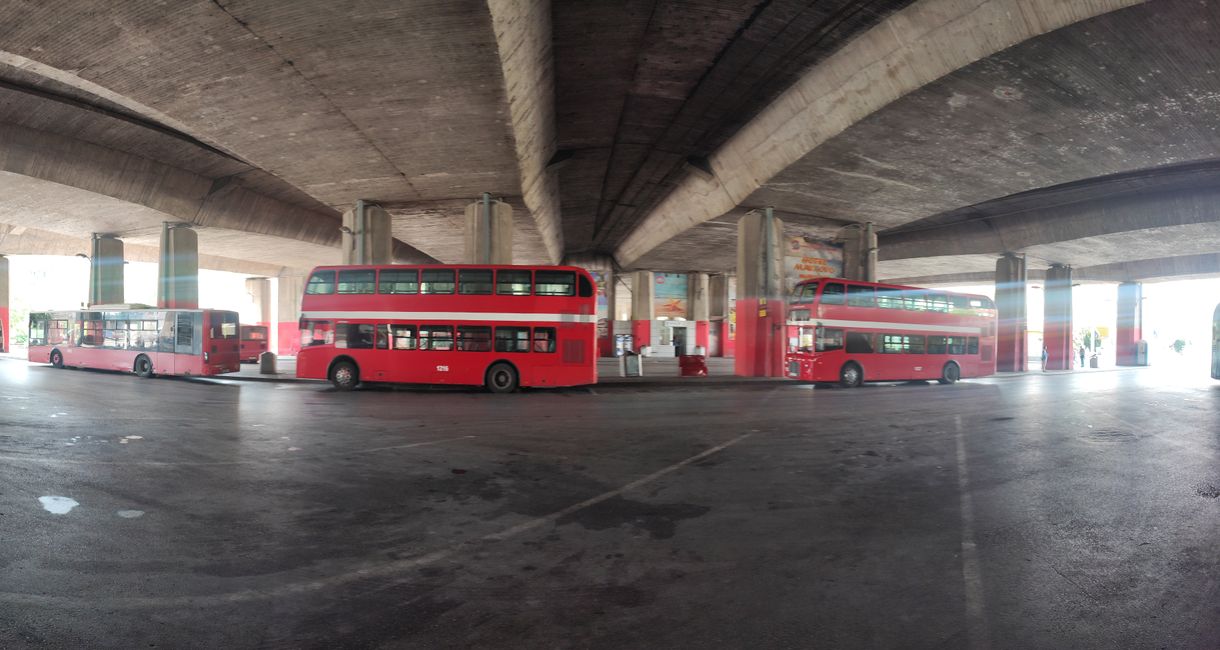
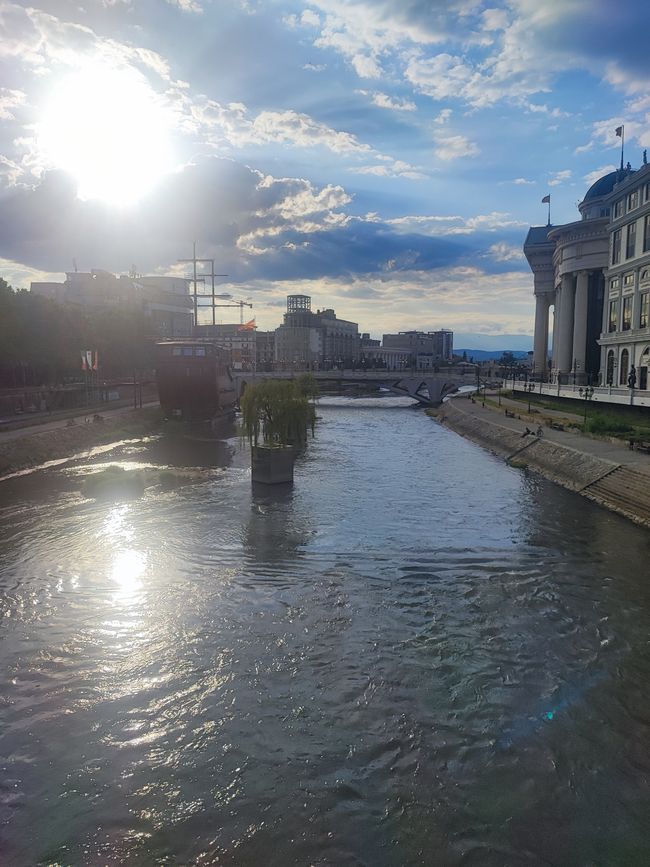
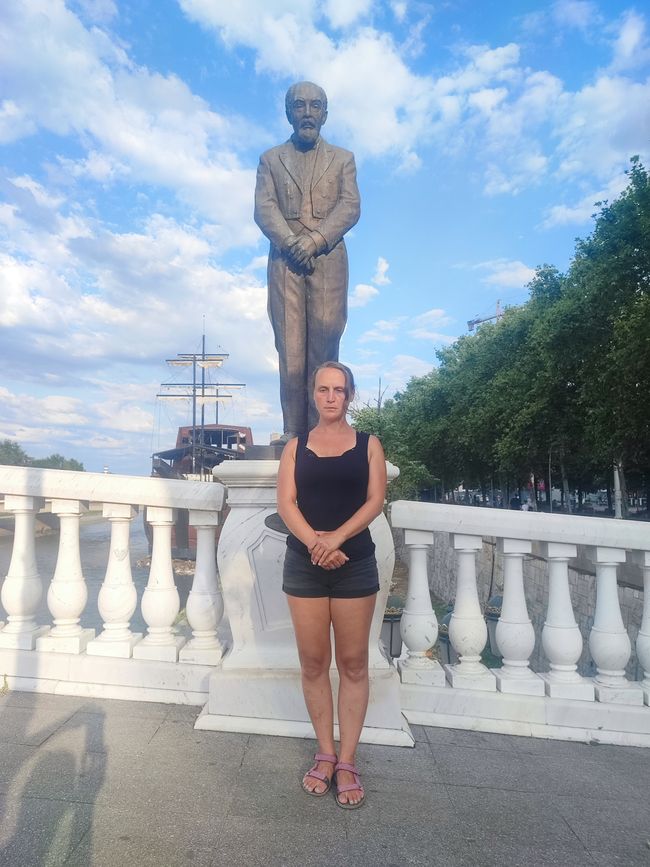
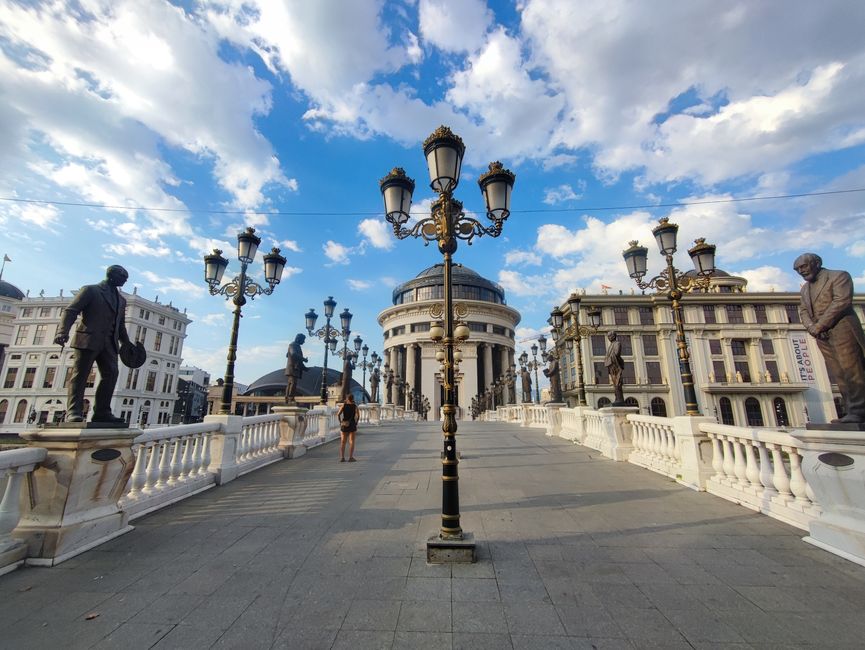
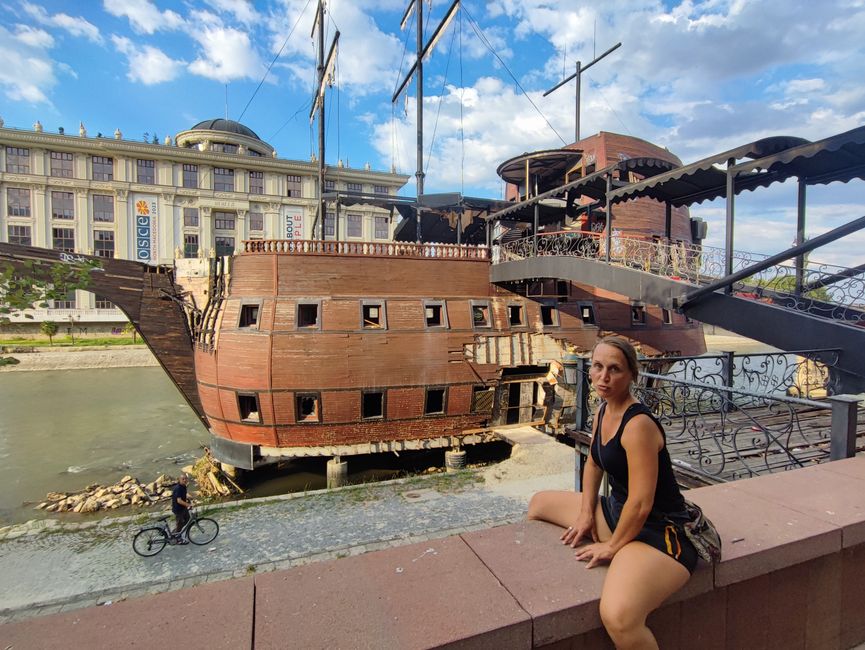
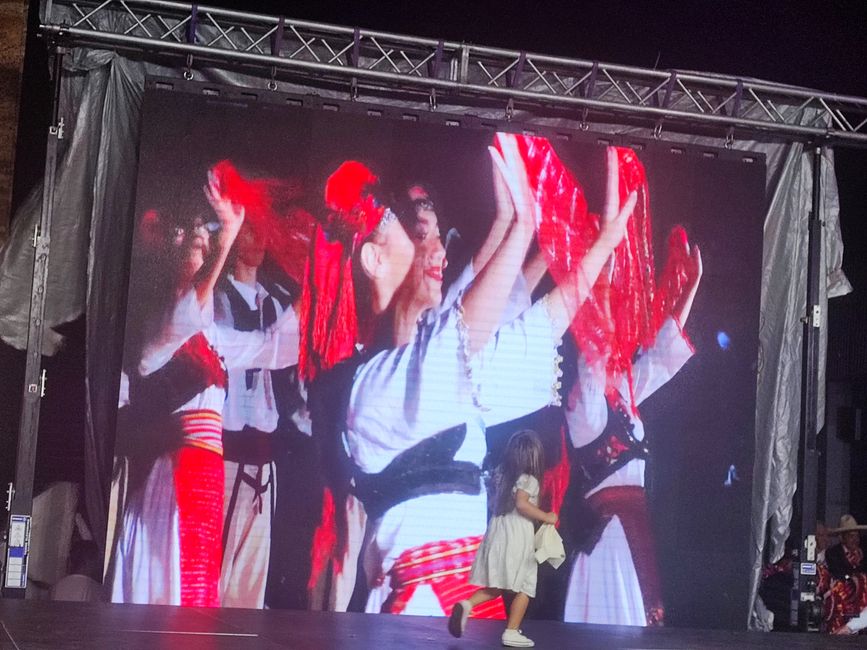
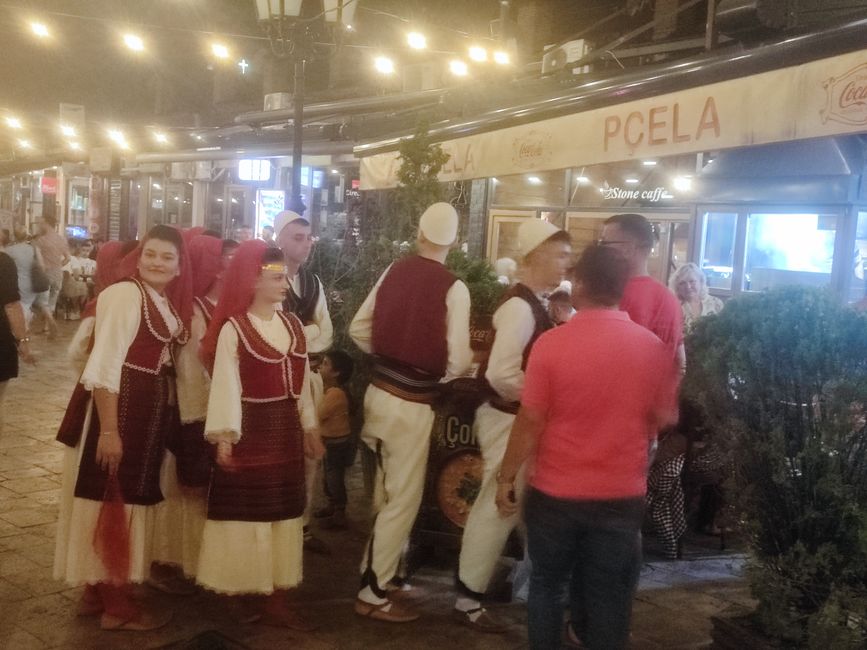
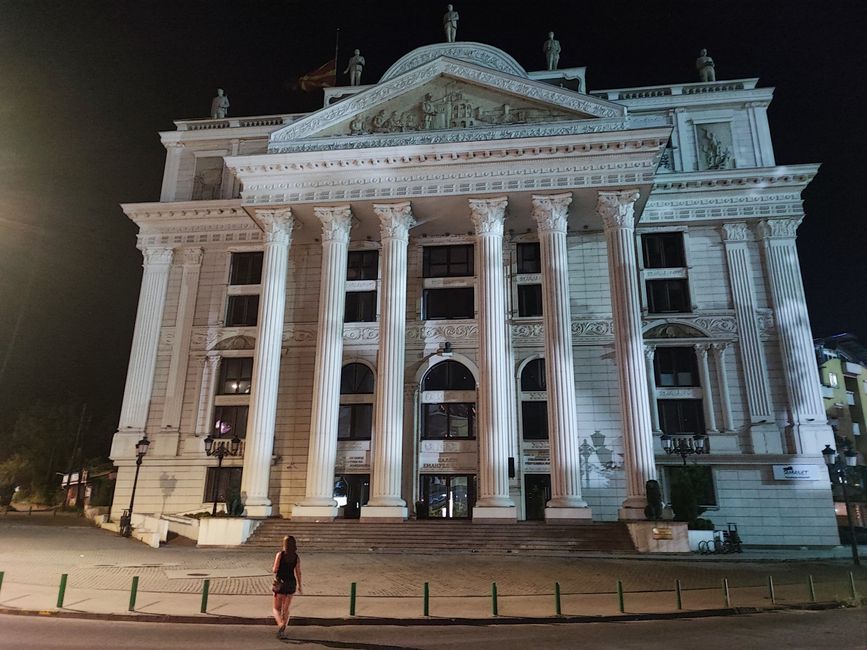
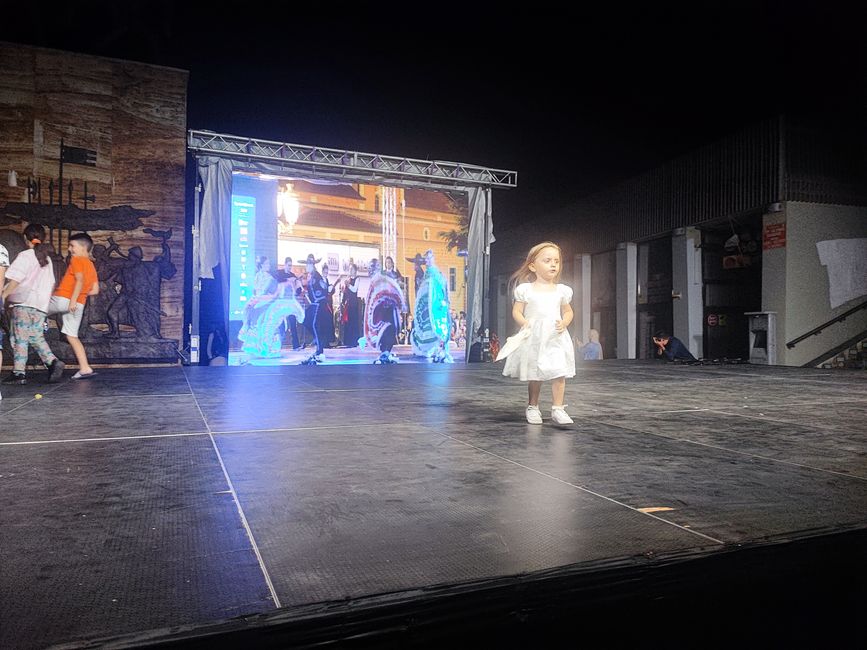
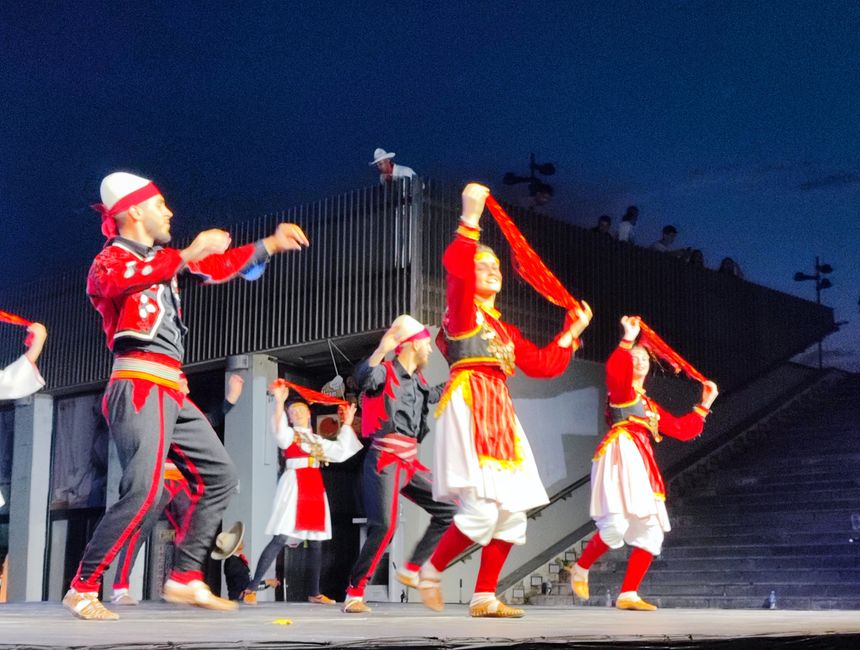
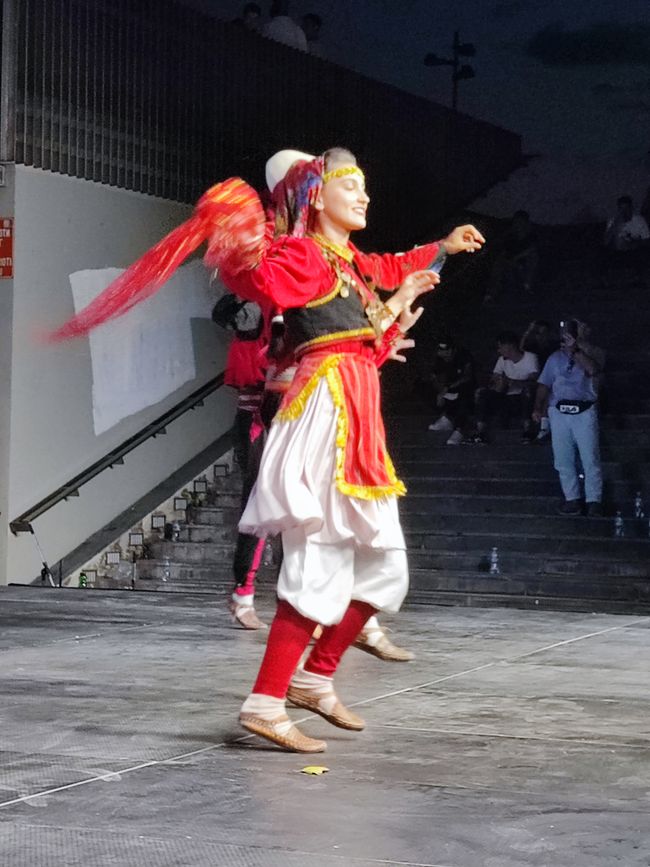
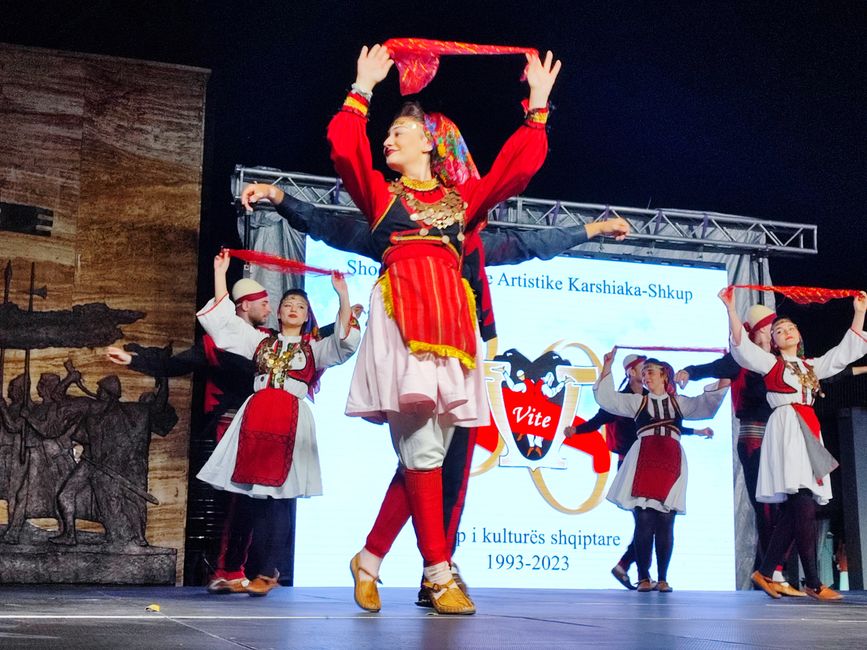
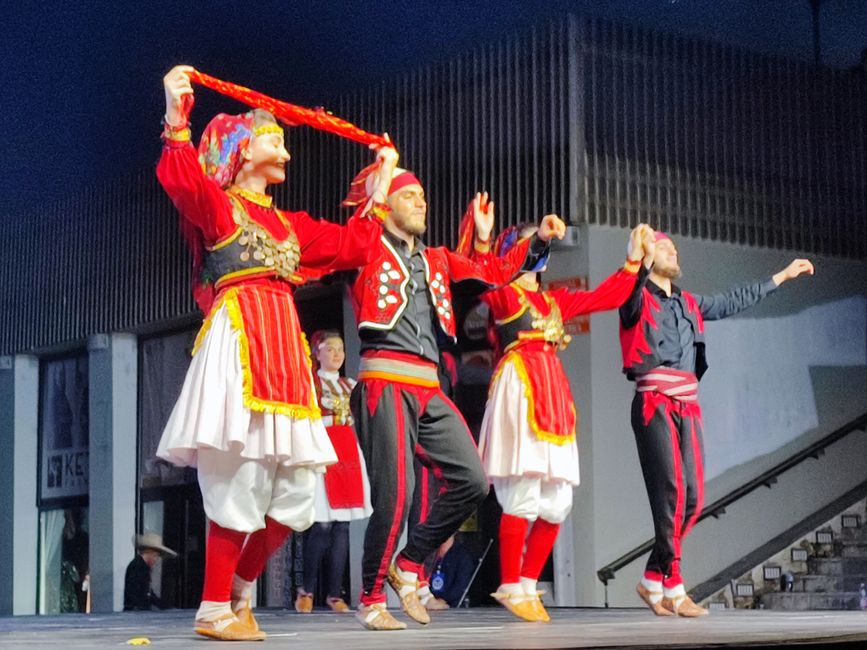
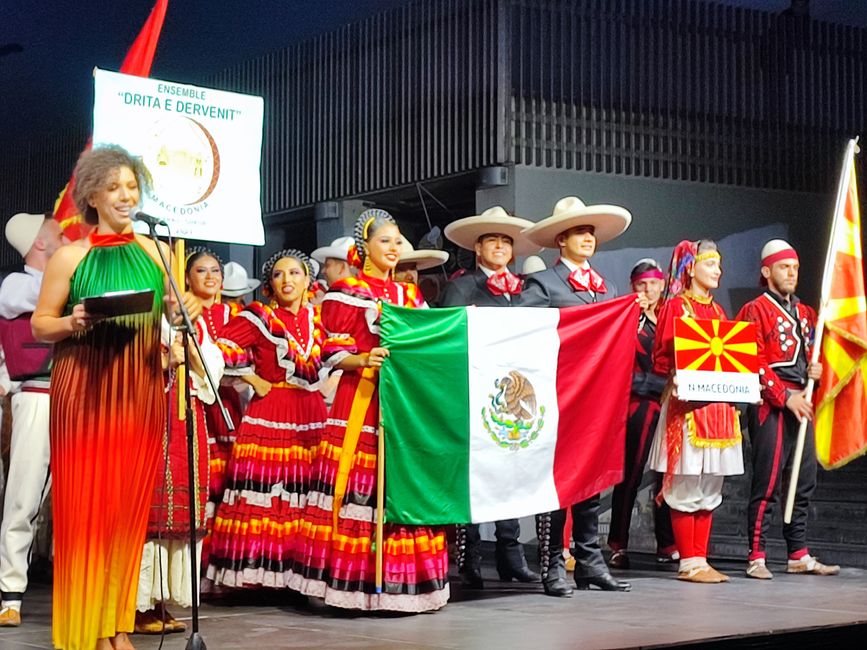
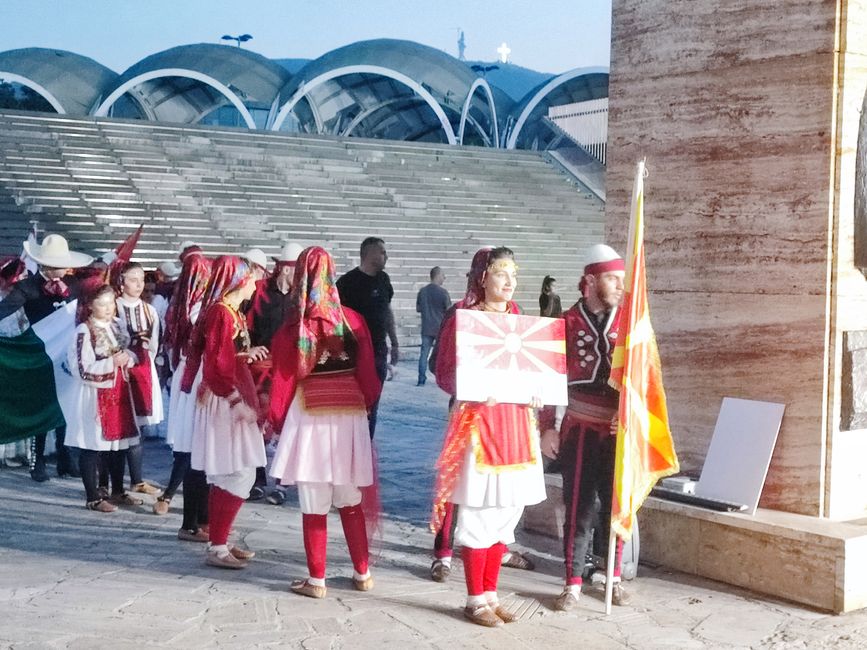
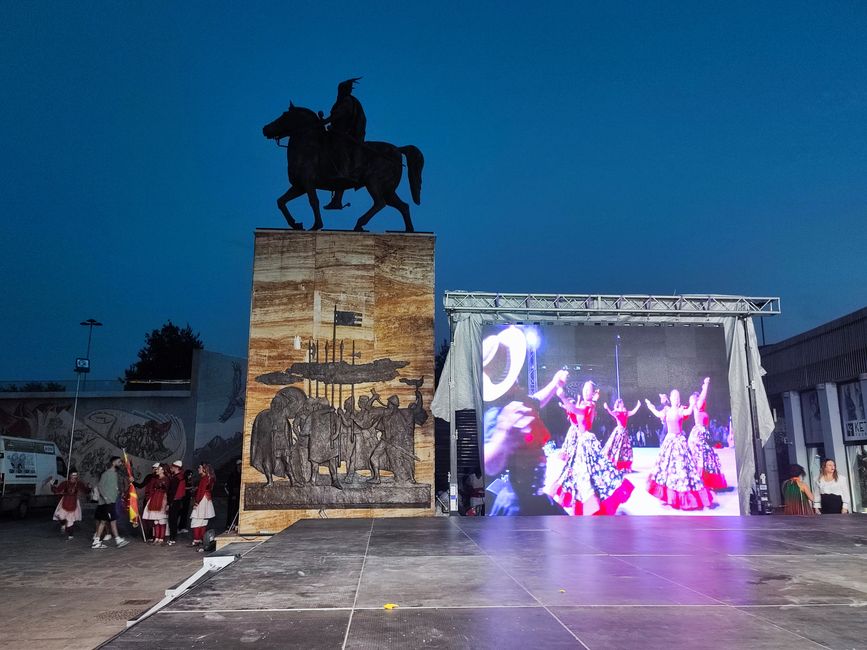
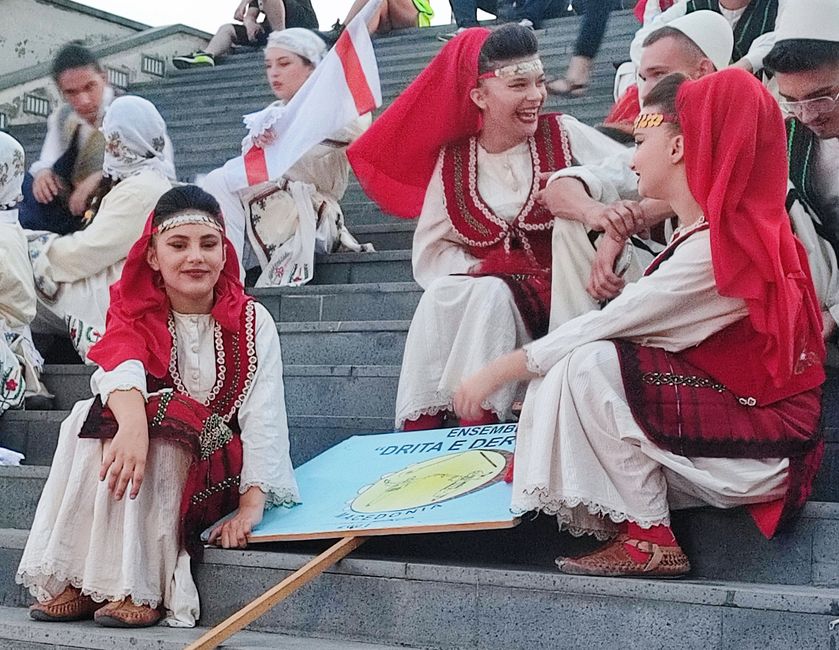
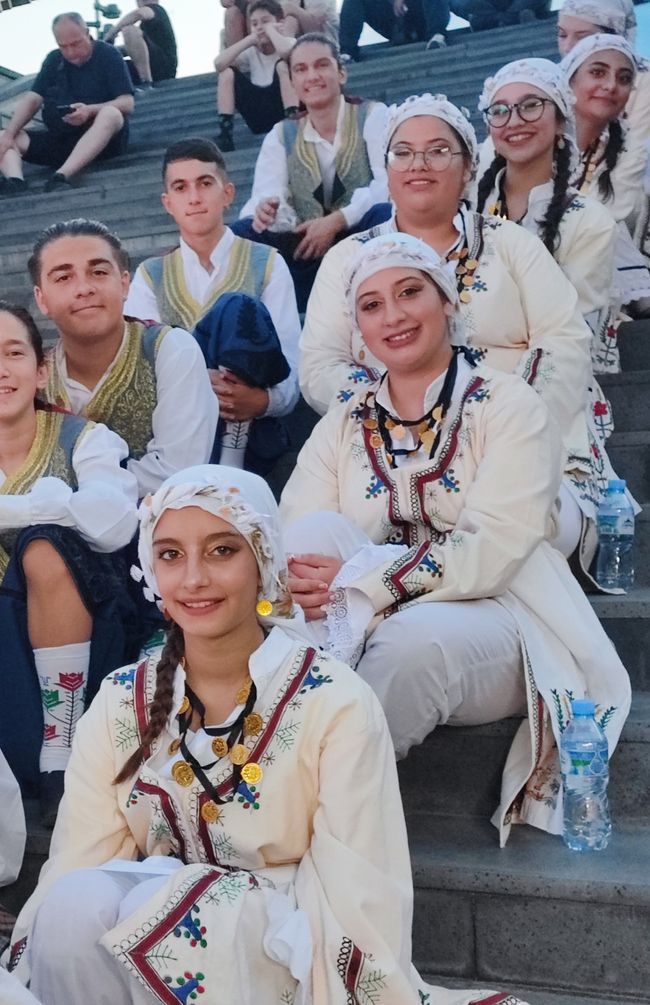
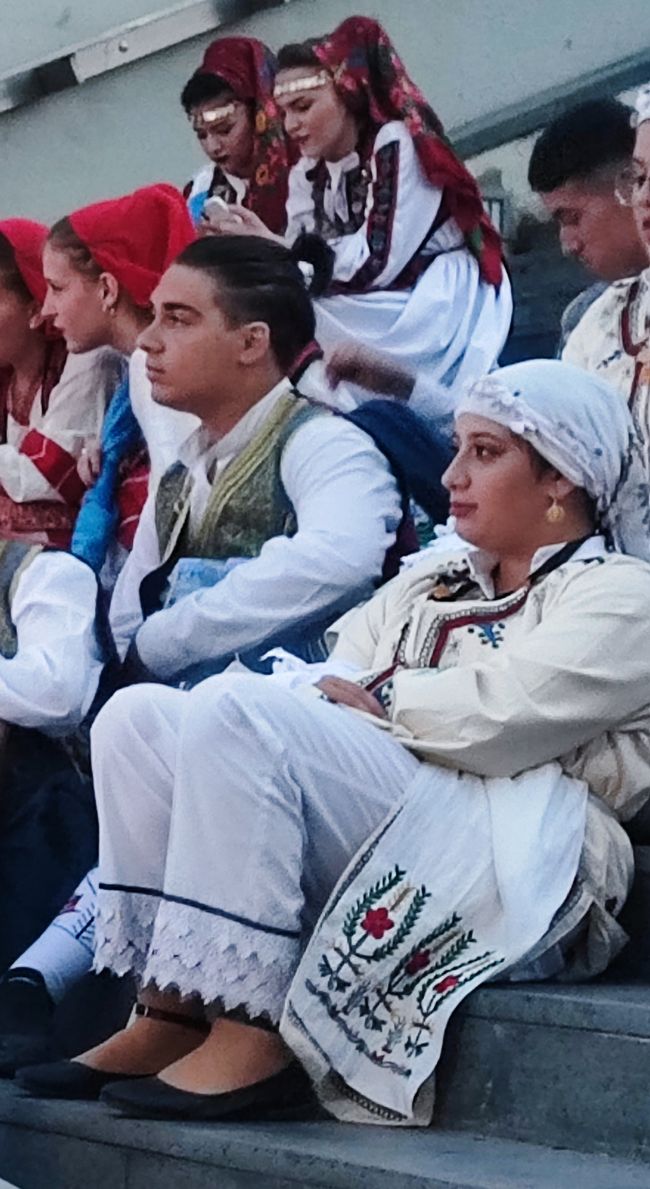
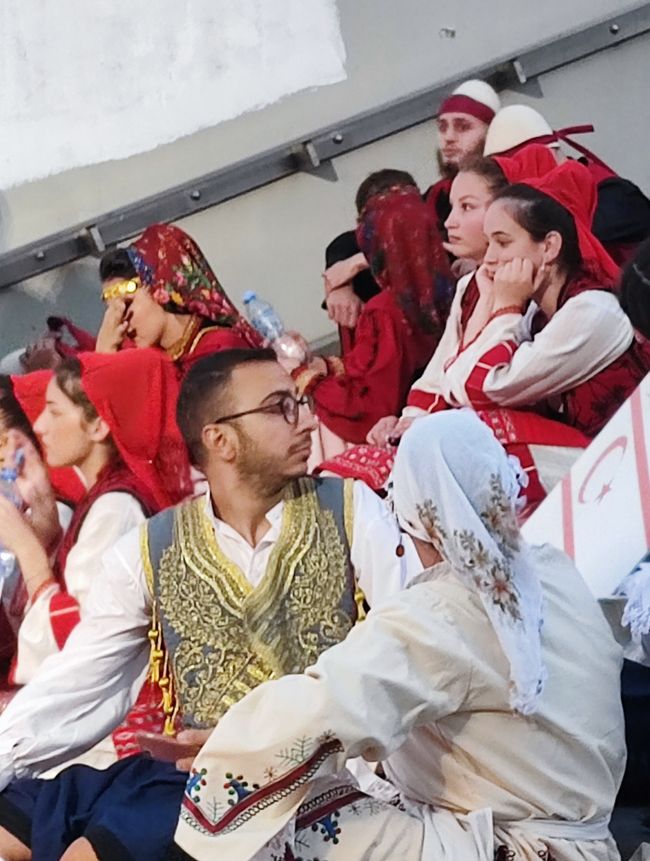
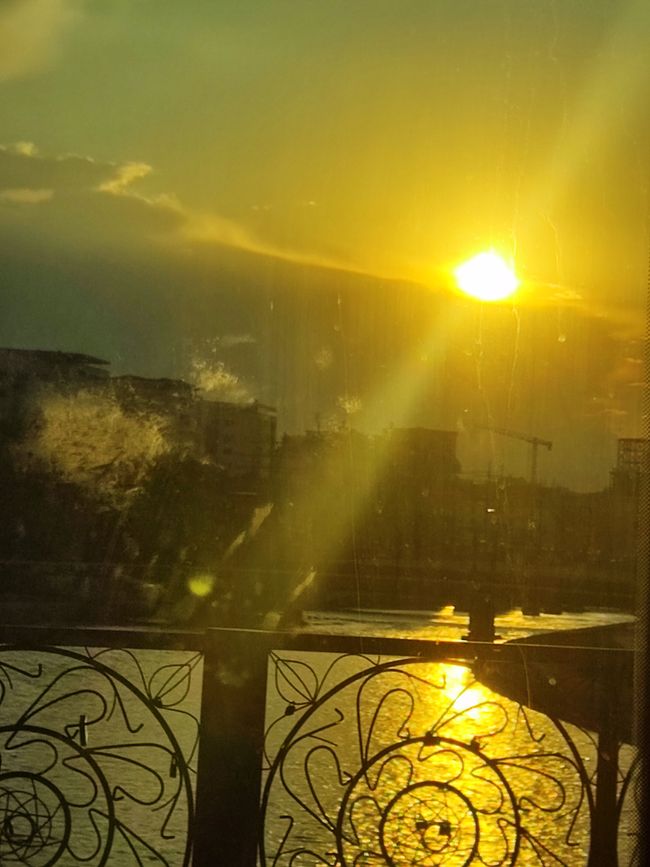
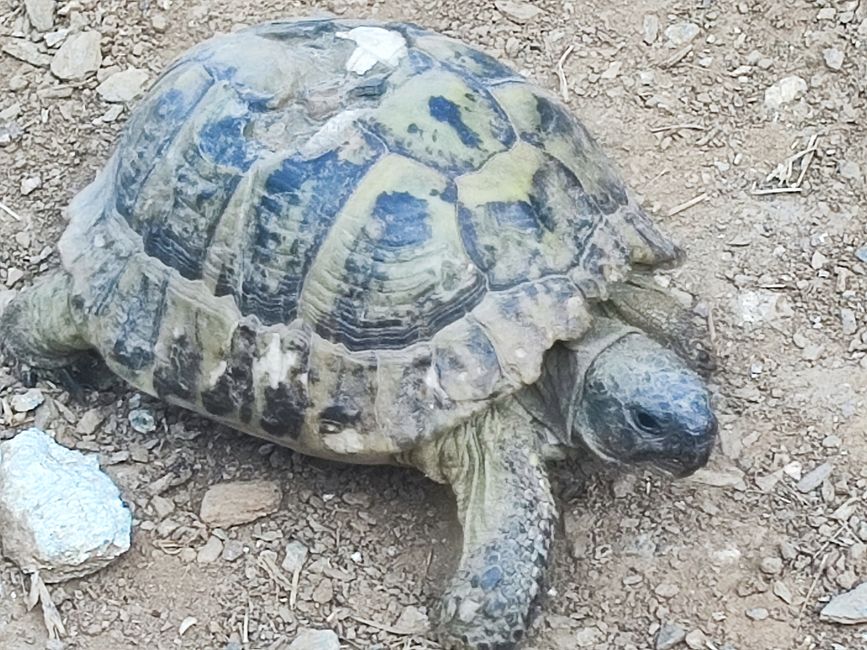
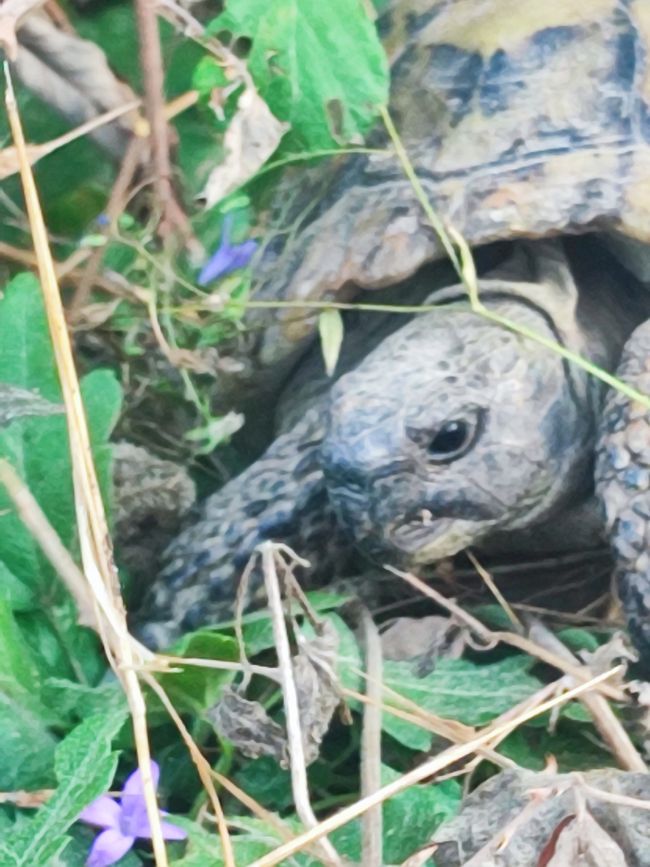
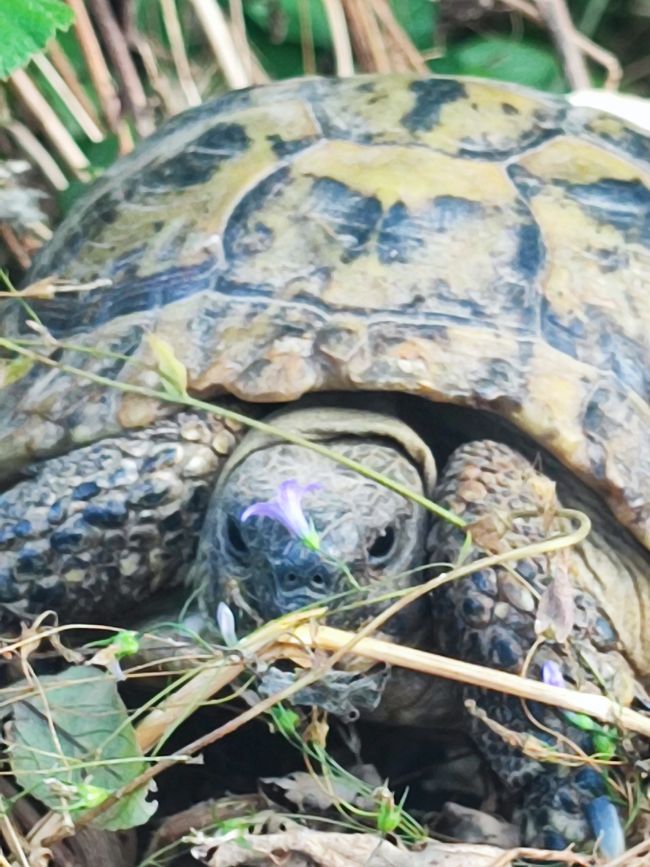
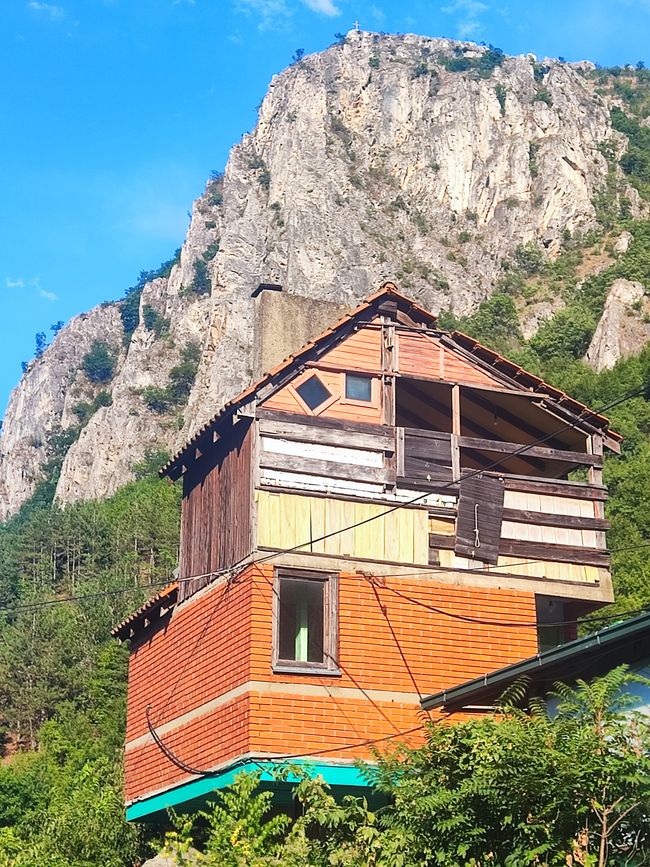
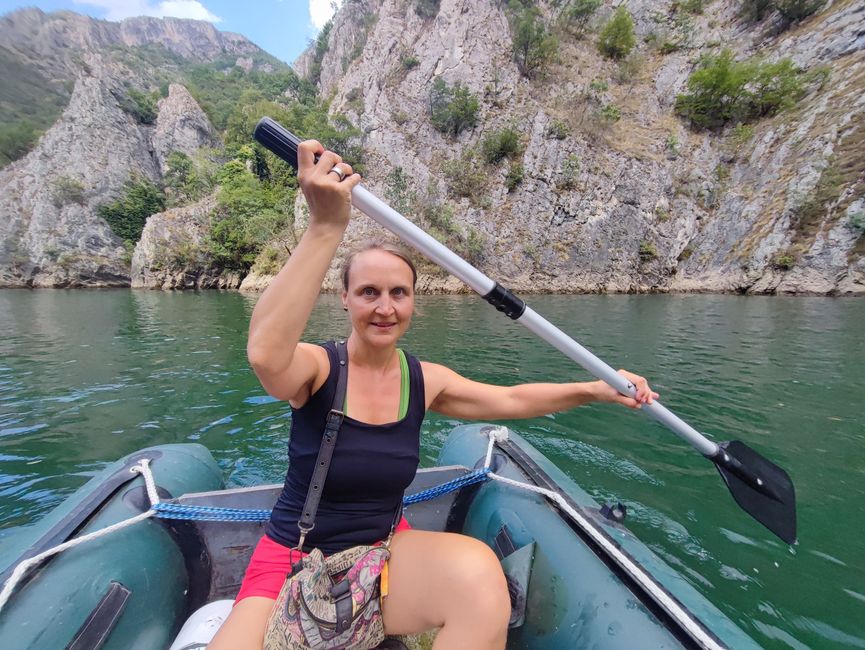
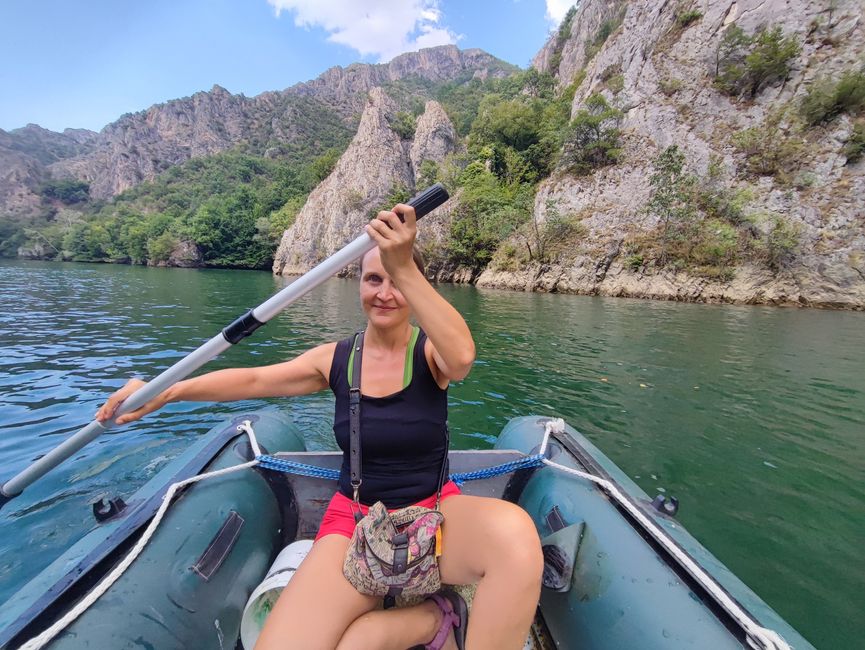
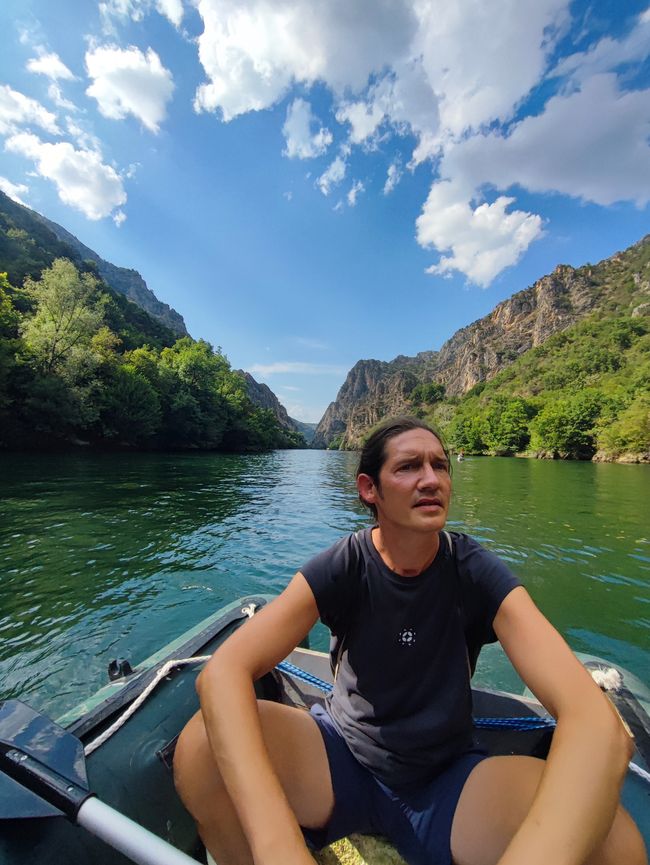
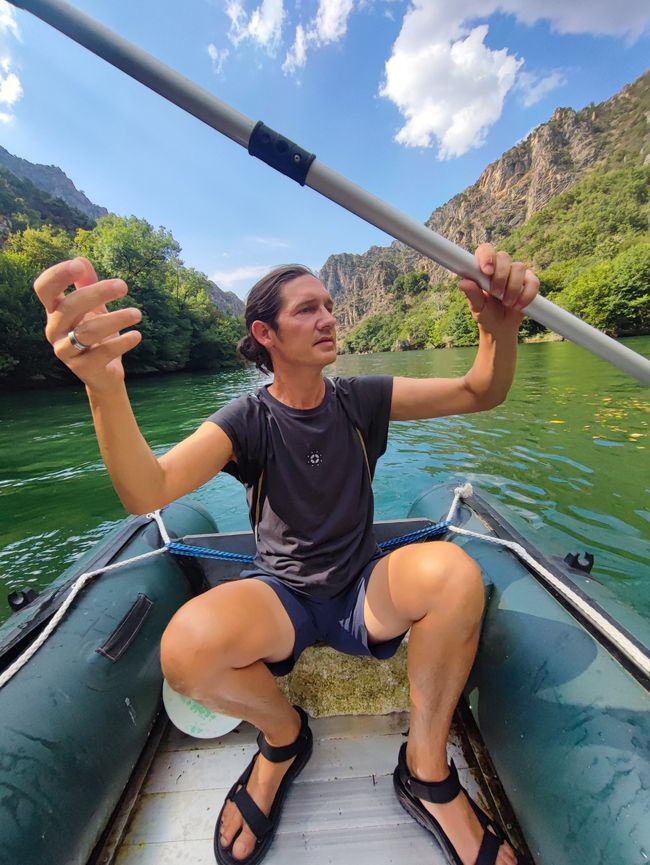
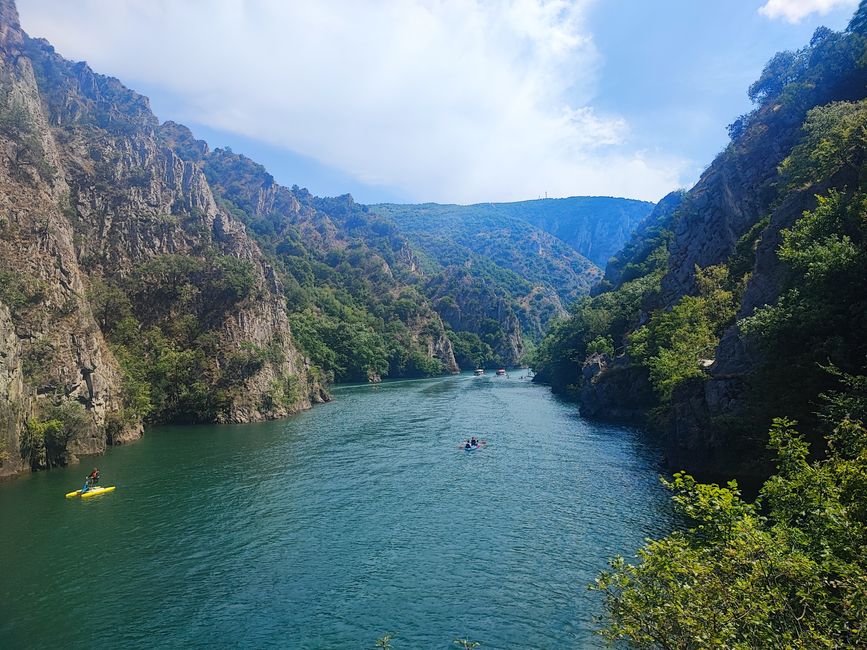
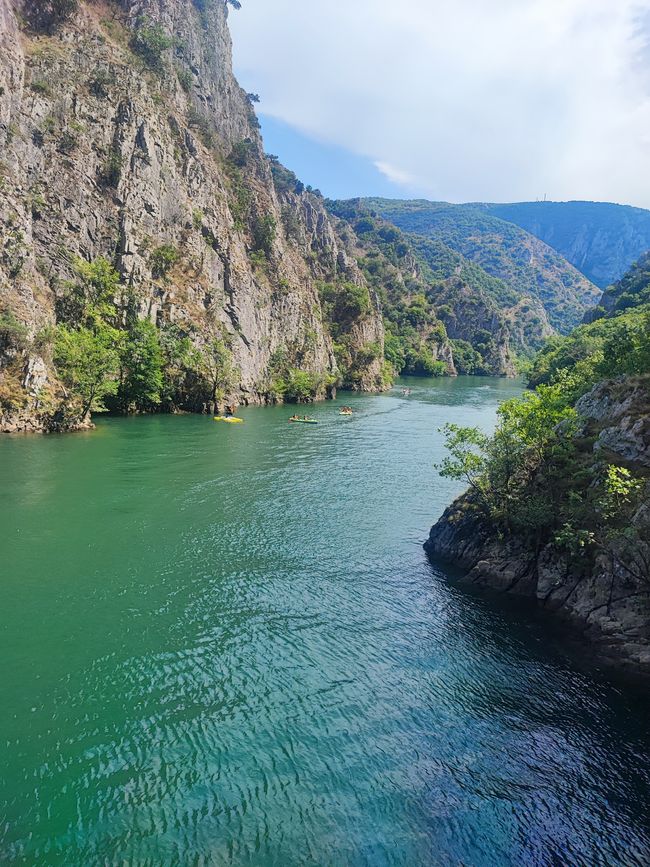
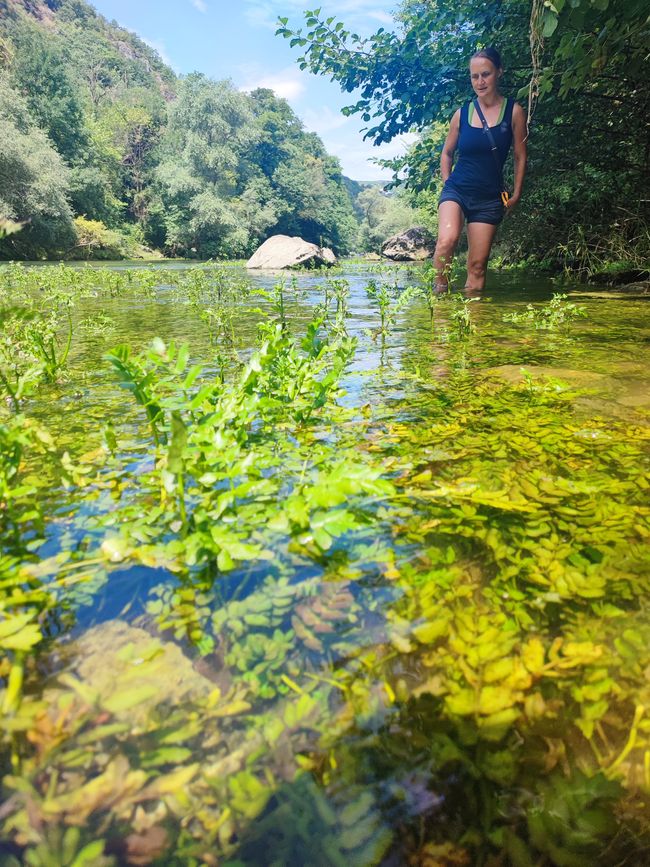
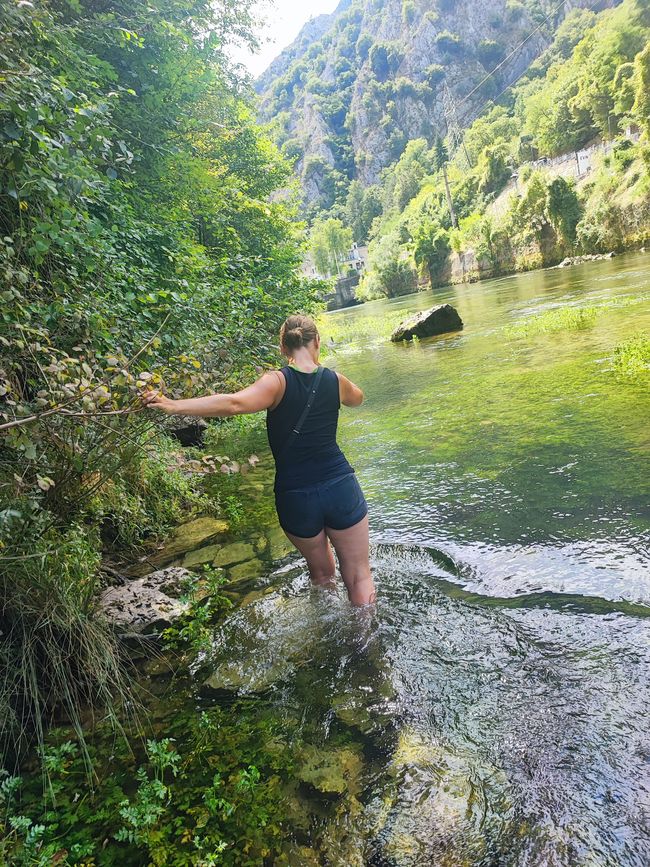
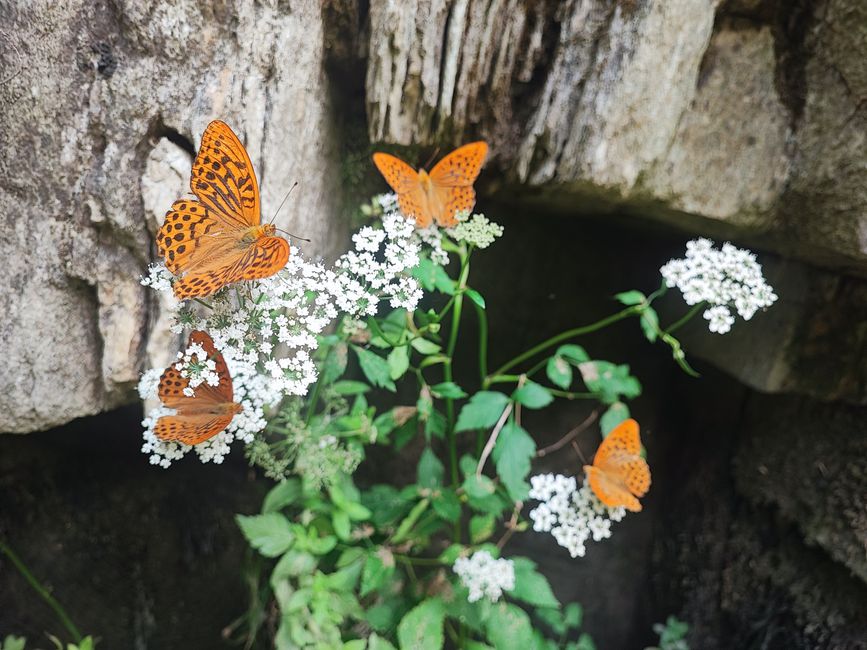
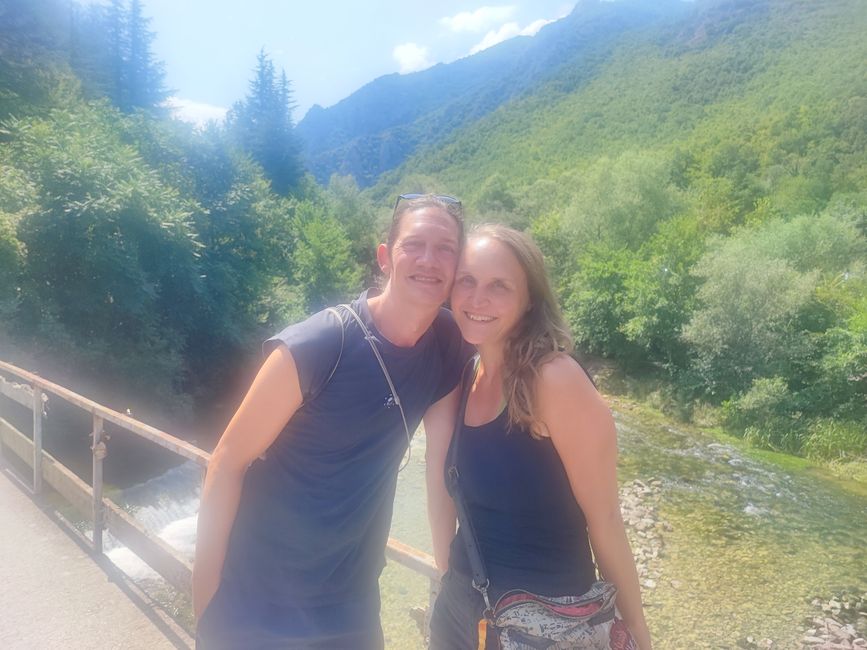
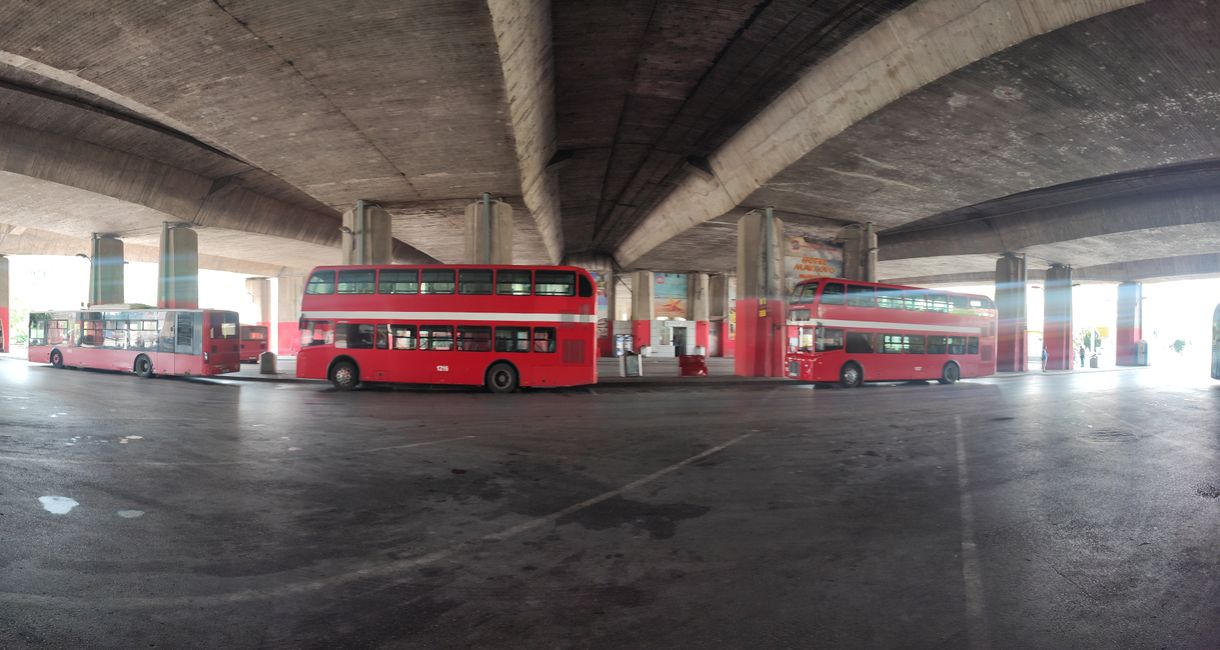
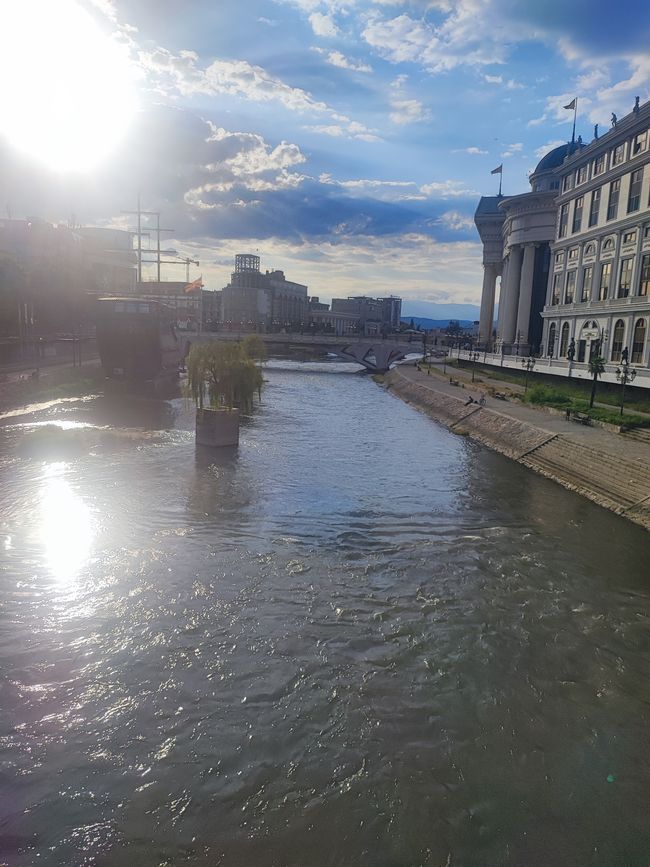
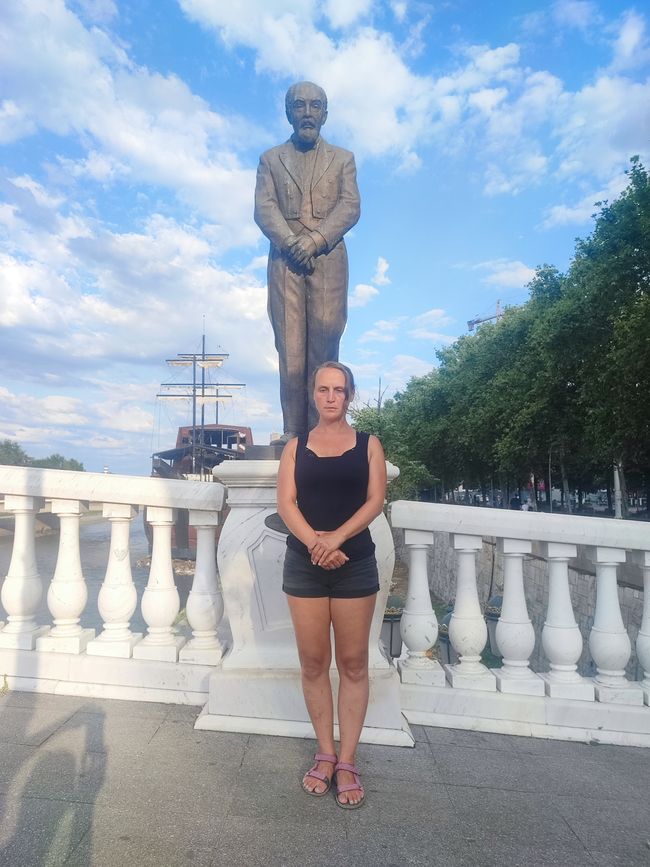
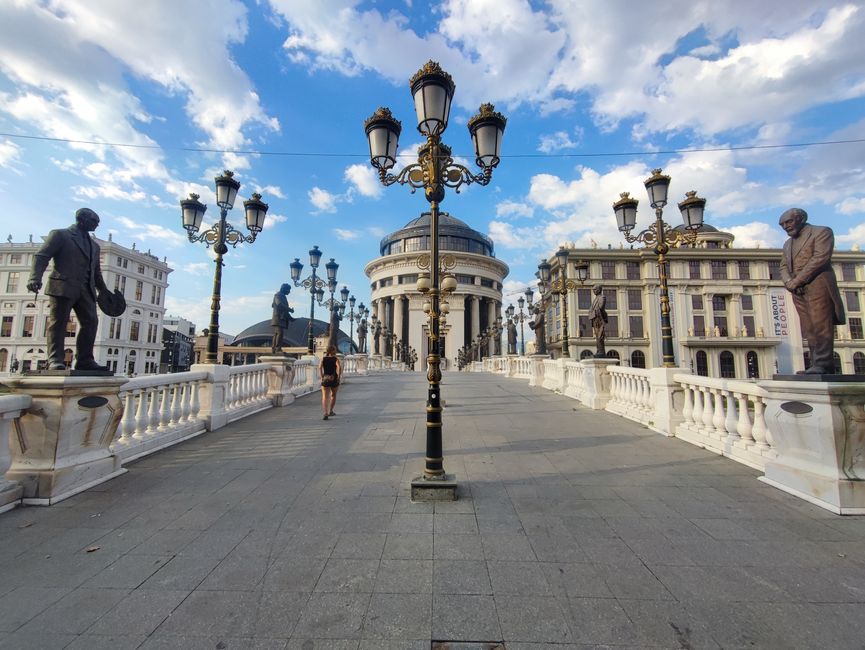
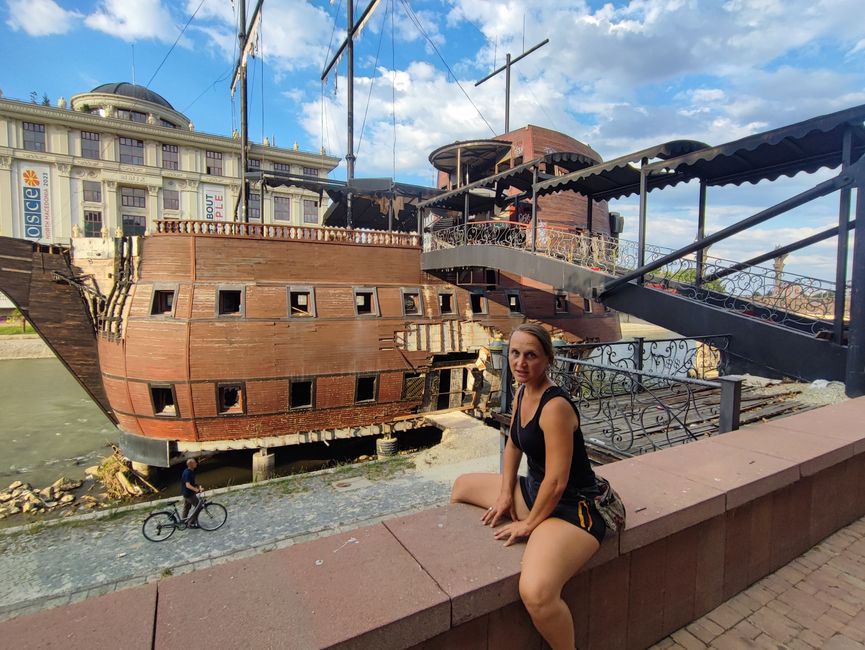
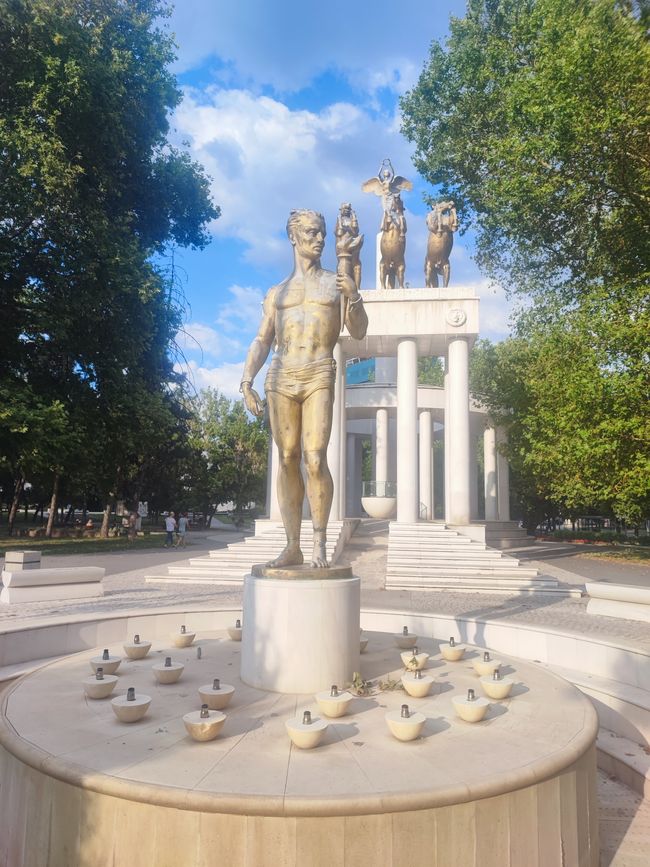
Subscribe to Newsletter
11.08. - 13.08.2023 and 14.08. - 16.08.2023 and 18.08.-19.08
MARKUS:
The most beautiful thing is when you make a mistake and are positively surprised.
Actually, we now avoid larger cities and only travel to Skopje to meet Milan, who is currently on Interrail. So we are even more frustrated when we find out, still on the bus and a few kilometers before Skopje, that Milan has been denied entry because his passport no longer has the required validity period. Actually, we had hoped to rely on the laid-back mentality of the Balkans. But it seems that this does not apply to customs officials... So suddenly we find ourselves in the capital of North Macedonia and mourn the 600 inhabitants of the village of Lin in Albania.
The surprise is even greater and more joyful when Skopje presents itself to us the next day as an incredibly exciting, relaxed, quirky and lovable city in its peculiarity.
How do you describe Skopje? Take Rome (but not the real one, rather a cheap plaster cast of it), mix it with Berlin in the 1990s (especially the Eastern part) and pour it all over with Sarajevo and a little bit of Istanbul. But somehow that's not enough.
The city is filled with monumental fountains and statues in the style of Greek and Roman antiquity or alternatively the 19th century. No bridge can do without its Olympia or Zeus, no column without its lion or Alexander the Great. Everywhere there are depictions of the 'great sons' of Macedonia (who are actually the daughters?). Only that almost everything is dated to the time after 2010 and looks exactly the same. It seems that the government at that time desperately tried to impose a historical narrative on the young state. A young Macedonian woman later tells us that this was also about defining their identity separate from Albania.
In between are the few remains that were spared by the earthquake of 1963, combined with the socialist architectural sins of the Tito era and architectural curiosities brought in by architects from the 60s who helped rebuild the city after the earthquake (mainly from Italy, but also Japan). And in the middle of it all is the intertwined grand bazaar, which actually looks more like an old town...
Confusing, exciting, surprising, new, old, dirty, relaxed, kitschy, a magnificent city that simply leaves me speechless.
And here, too, we only encounter lovely and open-minded people. And again and again, a partly expressed, partly inherent longing to belong to Europe, to be accepted into the EU, to be perceived as a nation...
I am incredibly curious about the next few days in North Macedonia...
Edit:
Ida, an Albanian living in Hamburg, gives us a lift to Skopje. On the way, over a coffee, she talks about her disillusionment with politics and the strained relationship between Albania and Macedonia. Both reports will continue to come up again and again.
This is also the case when we get to know a veteran of the Macedonian army in the Matka Canyon, an hour outside Skopje. He lets us use his boat for a ride on the lake in the canyon and proudly shows us his hut that he built in the canyon and where he regularly retreats. The Kosovo War has clearly left its mark on him. He repeatedly speaks about the injustice of the border demarcation after the war, soberly states that there is nothing you can do when politicians decide, but that it is important to fight to survive.
A young woman we meet at the Millennium Cross also shows frustration with politics. She asks a lot about the state of climate policy in Germany and points out how her country is still at the beginning here.
With every encounter, Skopje becomes more likeable to me. For example, Martin, whom we also meet in the canyon, who asks us 1001 questions and immediately invites us to a Rainbow Gathering. The people here are incredibly interested, although I still have difficulties with the omnipresent nationalism.
On the other hand, we are reconciled when we accidentally stumble upon the international Folk Dance Festival on our last evening, which brings us closer to the costumes and dances of the Balkans. The other harmless side of nationalism...
Subscribe to Newsletter
Answer
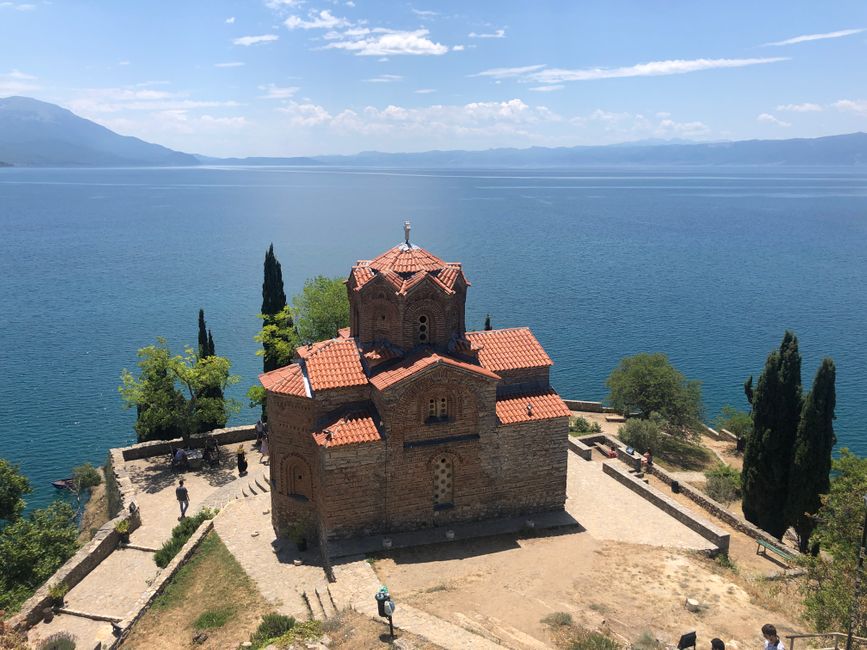
Travel reports Macedonia

